1850 - 1894
Robert Louis Stevenson.
Robert Louis Stevenson.
The Pioneer Steam Coffee and Spice Mills Company is founded in San Francisco.

Cotton is one of the staple crops of the South, yielding 3 million bales a year.
San Francisco's Chinatown becomes the site of numerous opium dens.
Gold is discovered in British Columbia, Canada.
The arrival of the railways opens up much of Canada for timber felling.

Lumbering starts in earnest in British Columbia.
California is added as a state of the Union.
The Taiping Rebellion. A civil war in China ends in victory for the Qing dynasty with British and French support.
Robert McClure successfully traverses the Northwest passage, partly by land, partly by sea.

A U Bergmans is founded in Stockholm, Sweden, to produce wheat crispbread.
Increasing trend for early Chinese porcelain as art and collectors' pieces.
Gold is discovered in Victoria, prompting the first Australian gold rush. Australia's population doubles in 10 years.
Gold is discovered in Ophir, New South Wales.
Victoria is created as a separate state of Australia.
Richard Burton undertakes the Hajj to Mecca in disguise.
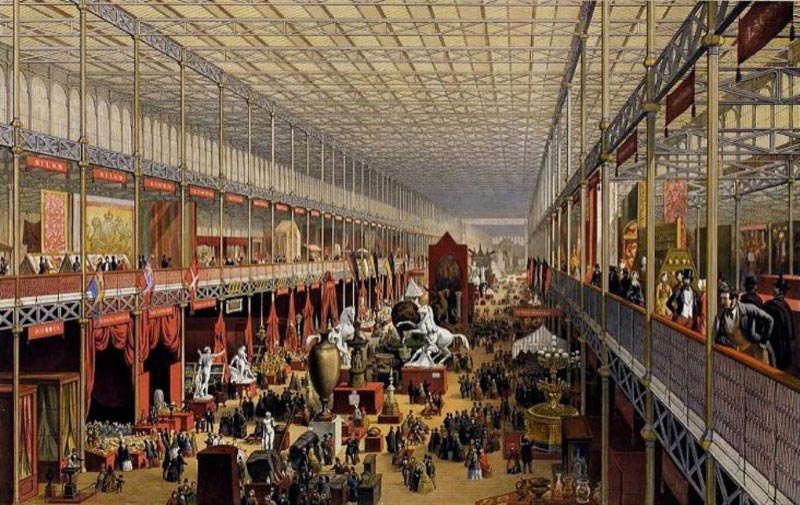
The Great Exhibition is held at the Crystal Palace.
China imports an annual average of about 64,000 to 68,000 chests of Indian opium.
The Ghirardelli Chocolate Company is founded in San Leandro, California.
The Second Anglo-Burmese war. Britain gains control of Rangoon and the Irrawaddy Delta. This marks the beginning of a significant trade in opium to Burma.
A second Anglo-Burmese War ends with Britain holding Southern Burma.
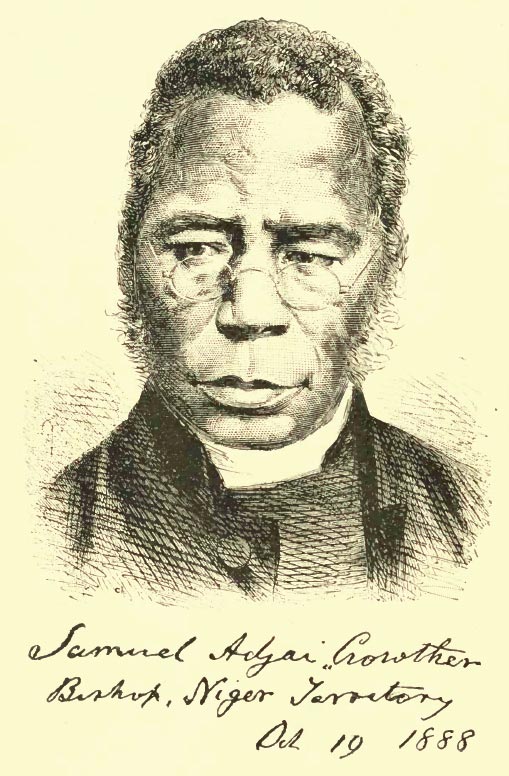
The African Slave Boy is written by Samuel Adjai Crowther.
David Livingstone explores southern Africa. He is the first European to see 'Mosi-oa-Tunya' (the smoke that thunders), which he renames Victoria Falls.
John Fowler invents the steam plough.
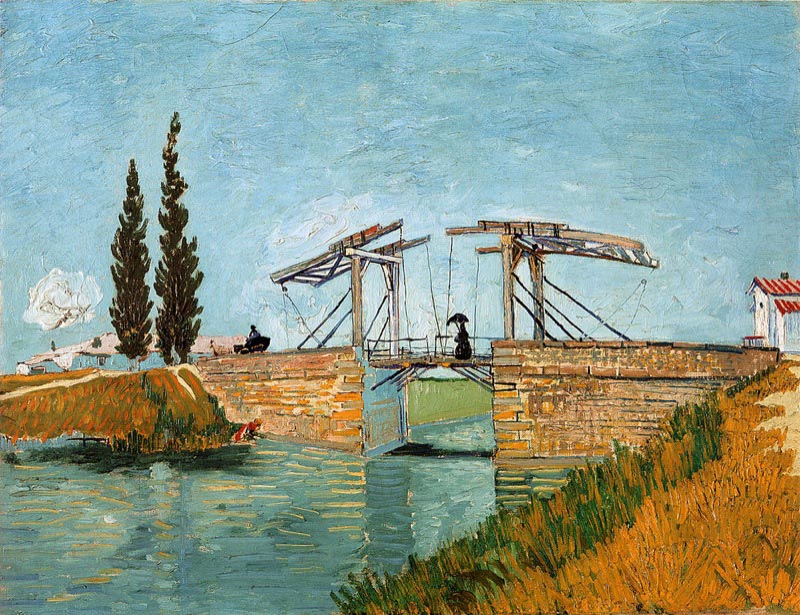
Vincent Van Gogh.
John and Benjamin Cadbury become manufacturers of drinking chocolate.
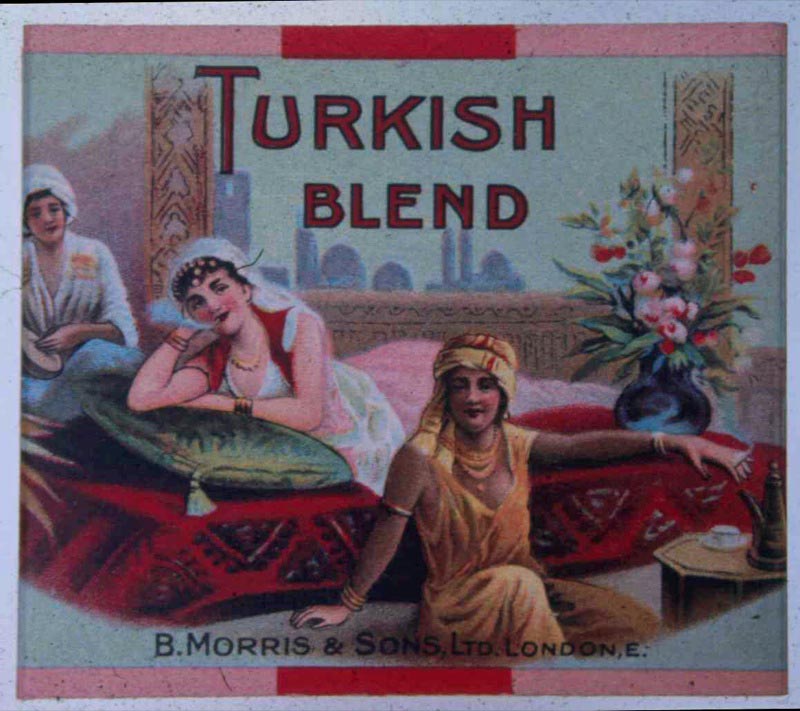
During the Crimean War, British troops gain a liking for Turkish tobacco, which is much cheaper.
There are 108 cotton mills in Manchester which is known as Cottonopolis.
Levi Strauss moves to San Francisco and sets up a wholesale business selling clothing and other goods.
Canada adopts the gold standard.
The Crimean War. Combined French, British and Ottoman forces defeat the Russian army who are made to withdraw military presence in the Black Sea area.
The Gadsden Purchase acquires nearly 30,000 square miles of territory, in what is now Arizona and New Mexico, for the US from Mexico.
New Zealand gains independence from Britain as a Commonwealth nation.
John Philip Sousa.
Oscar Wilde.
Philip Morris starts selling Turkish hand-rolled cigarettes.
The Canada Sugar Refining Company is founded in Montreal, refining sugar grown in the British West Indies.
The Elgin-Marcy Treaty permits free trade of raw materials between Canada and the US, increasing Timber exports from Canada.
The Chinese Maritime Customs Service is created to regulate trade and gather taxation. It continues until 1949, largely under British and American leadership.
David Livingstone crosses Africa from the West to the East, exploring the natural resources of the area. He believed in the efficacy of 'Christianity, Commerce and Civilisation.'
First commercial oil well in the world is drilled in Poland by Ignacy Lukasiewicz for the purpose of extracting kerosene from the oil for his gas lamp business.
Walt Whitman publishes his poetry collection Leaves of Grass.
Johan Edvard Lundstrom of Sweden invents the safety match.
A system of formal wine classification is introduced in Bordeaux.

Benjamin Silliman discovers an advanced refining method, allowing petroleum to be converted into kerosene and lubricants for cooking and lighting.
John Singer Sargent.
George Bernard Shaw.
William Perkin invents the first synthetic dye, mauveine, capable of producing purple and mauve fabrics.
Second Opium War between Britain and China. Britain prevails with assistance from France and the opium trade is legalised. Missionaries are allowed in China.
New South Wales gains independent government from the UK.
Richard Burton explores East Africa looking for the Inland Sea, together with John Hanning Speke. Burton is the first European to see Lake Tanganyika and keeps its original name. Speke is the first European to see Nam Lolwe (which he calls Lake Victoria). They claim this to be the source of the Nile.
Sigmund Freud, Austrian psychoanalyst.
Gregor Mendel starts his experiments on the Laws of Inheritance, pioneering genetic theory.
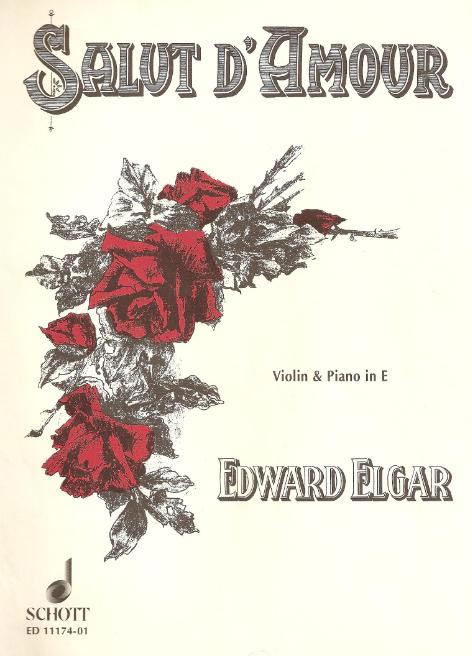
Edward Elgar. His 'Pomp and Circumstance' marches were written 1901-1930.
Robert Baden Powell, founder of the Scout Movement.
Daniel Peter makes the first proper 'milk chocolate' drink using condensed milk and cocoa powder.
Walter and Harry Gilbey found a business selling spirits and wines in London. They start with new wines from the Cape Settlement, but expand in 1875 by buying a vineyard in Medoc and distilleries in Scotland.
The United Breweries Group is founded in India by Scotsman Thomas Leishman.
The Indian Rebellion challenges British rule in India.
Henry O'Neil paints Eastward Ho! capturing the spirit of western emigration.
The Treaty of Tianjin permits the importation of tobacco into China.
Seersucker cotton garments are popular with British forces in India.
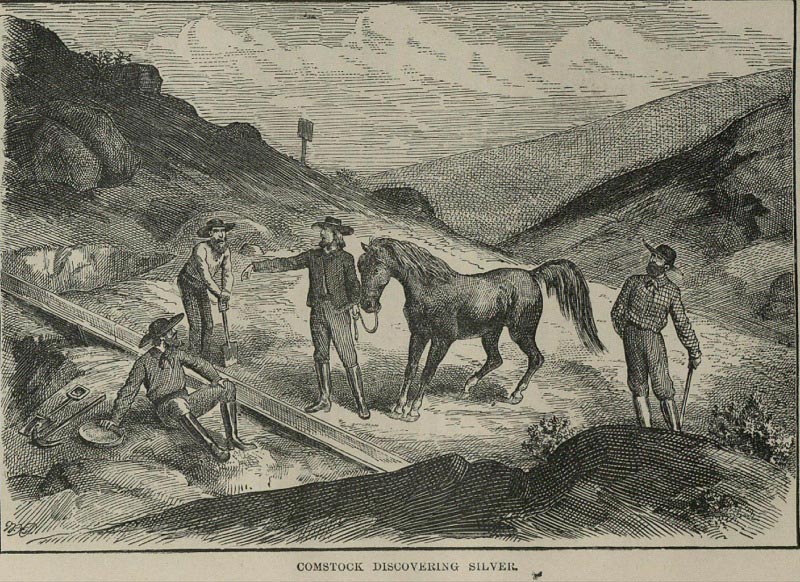
Silver ore is discovered in Nevada prompting a silver rush. The famous Comstock lode also contains gold.
Henry Havelock leads British forces in the recapture of Lucknow, a decisive moment in the ending of the Indian Rebellion.
The Government of India Act takes India out of the hands of the East India Company and makes it a Crown colony.

The British Raj. Britain controls India as a Crown colony.
The Transatlantic cable is completed, improving communications.
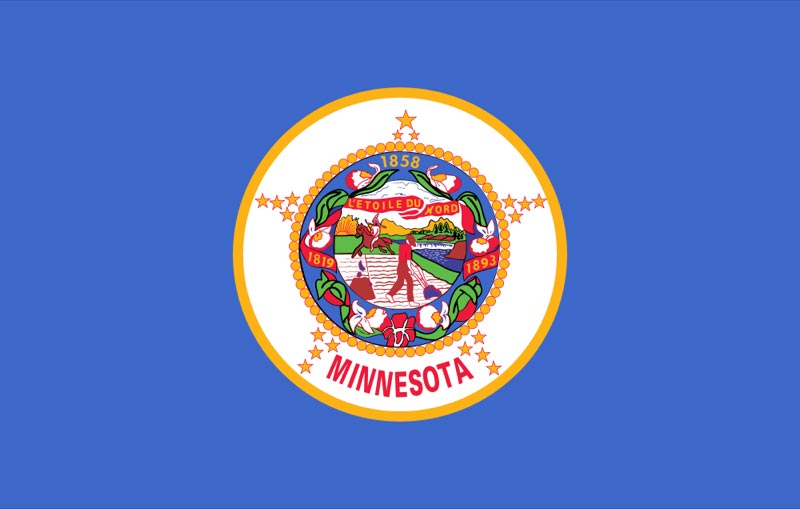
Minnesota is added as a state of the Union.
David Livingstone leads the Zambezi Expedition, but it is ineffective in opening up Africa.
Narrative of the Indian Revolt is published by Colin Campbell.
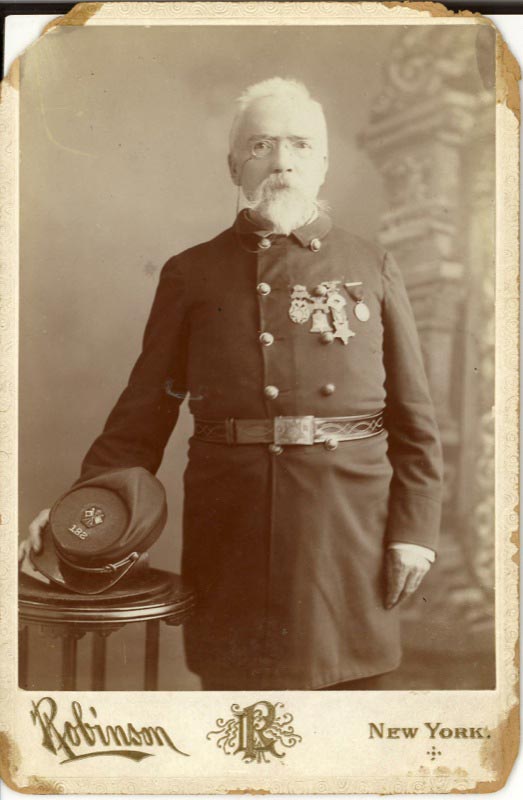
The Irish Republican Brotherhood is founded.
Henri Mouhot explores South East Asia from his base in Bangkok.
The first commercial oil well in North America is developed by James Miller Williams in Oil Springs, Ontario.
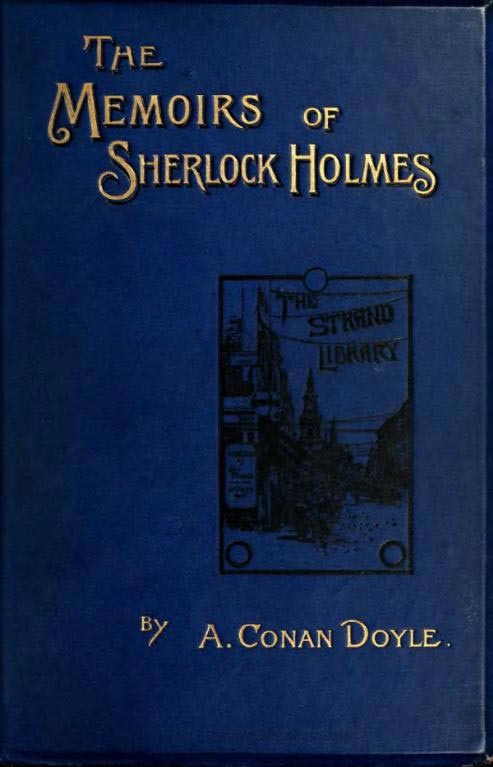
Arthur Conan Doyle.
Charles Darwin publishes On the Origin of the Species by Natural Selection.

Construction of the Suez Canal which reduced journey times to India and China from Europe.
The Pike's Peak Gold Rush in Colorado draws settlers to the west.
Piedmont forces take control of most of northern Italy after a brief war with Austrian forces.
Oregon is added as a state of the Union.
Harpers Ferry raid by abolitionist leader John Brown in an attempt to start a slave revolt is suppressed by US marines under Robert E. Lee.
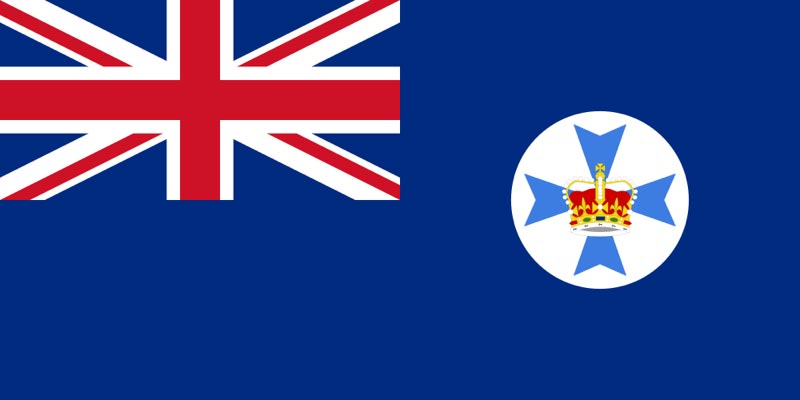
Queensland is created as a separate state of Australia.
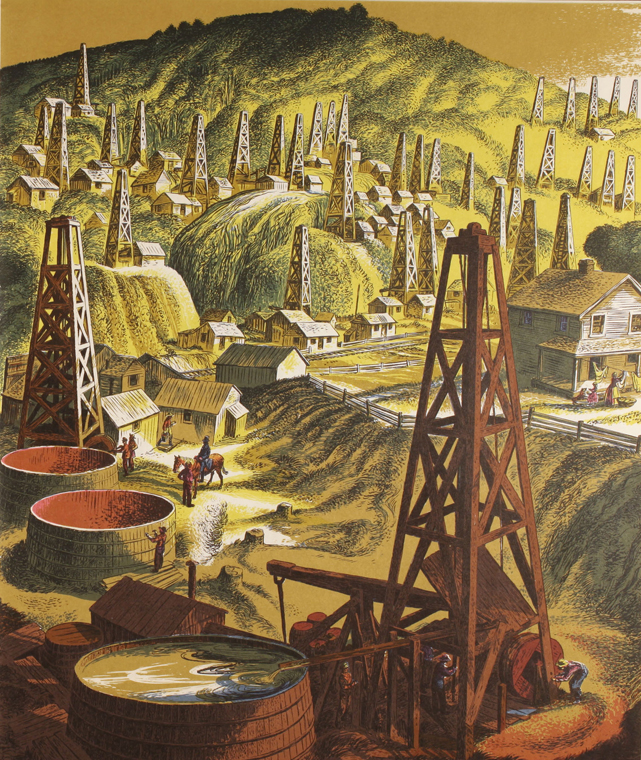
Edwin Drake strikes oil in Titusville, marking the start of the Pennsylvania oil rush.
Gustav Mahler.
Publication of Max Havelaar by Eduard Douwes Dekker, exposing the corruption and racism endemic in the Dutch East India Company (VOC).
Anton Chekhov.
The first Food Adulteration Act is passed by Parliament.
Eduard Dekker writes Max Havelaar and the Coffee Auctions of the Dutch Trading Company exposing the greed of colonial planters.
Manufactured cigarettes apperar in the US, including Bull Durham's.
Minks are raised on fur farms in North America.
Large scale logging commences in Mexico.
Gaspari Campari founds Gruppo Campari to sell his eponymous aperitif.
Giuseppe Garibaldi conquers most of southern Italy with his famous red shirts.

Burke and Wills cross Australia from Melbourne to the Gulf of Carpentaria in the North, but both die on the return journey.
Speke explores East Africa with James Augustus Grant and tries to establish Lake Victoria as the source of the Nile. He travels north from the lake up a river and meets up with fellow British explorer Samuel Baker who has followed the Nile South from Kharthoum.
The first Food Adulteration Act is passed by Parliament.
Rabindranath Tagore.

Tobacco is issued as rations to Union and Confederate soldiers, increasing its popularity.
The American Civil War is fought over the secession of the Confederate States from the Union, and in part over the exploitation of slaves on cotton, sugar and tobacco plantations in the South. Cotton exports are hit by the Union blockade of Southern ports.
Julius Caesar Czarnikow establishes Czarnikow & Co. in London.
Gold is discovered in Otago, New Zealand.
Victor Emmanuel of Piedmont is made the first king of Italy and the northern and southern states are united.
Kansas is added as a state of the Union.
The Confederate States of America are established by 11 southern slave states under the leadership of Jefferson Davis.
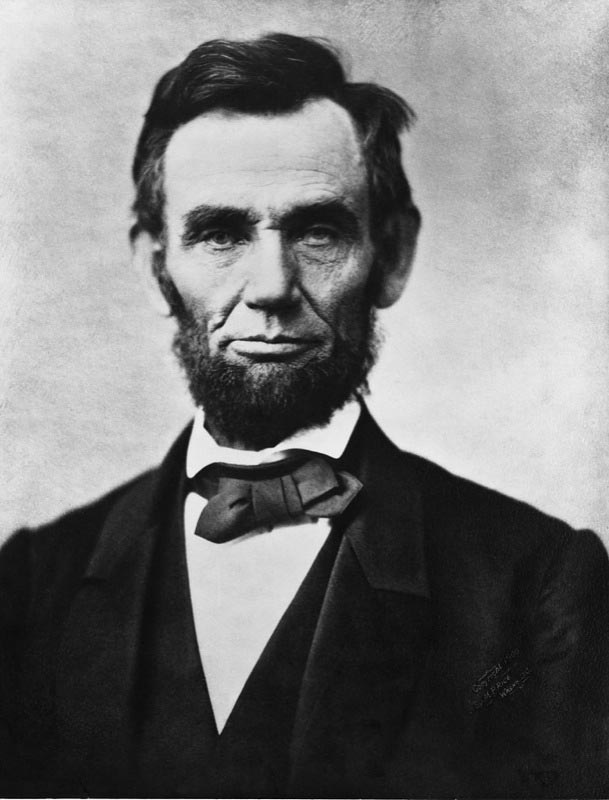
Abraham Lincoln serves as US President.
Mrs Beeton's Book of Household Management was published.
The Gorilla Hunters is written by R. M. Ballantyne.
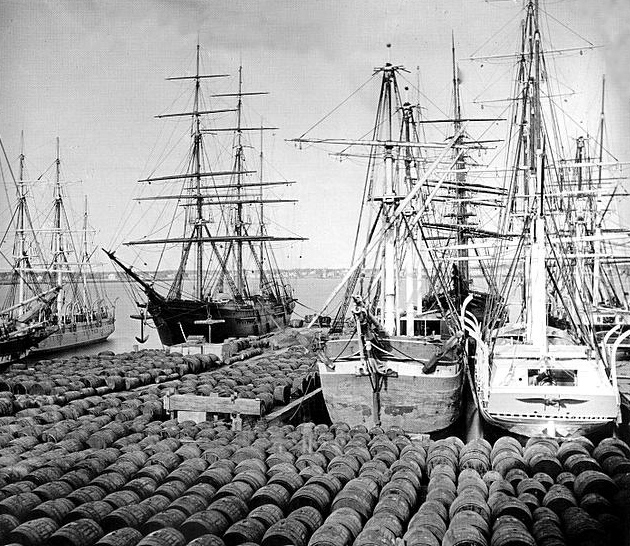
The Ship 'Elizabeth Watts' transports the first substantial amount of oil from Pennsylvania to England.
Victor Hugo publishes Les Misérables.
Gustav Klimt.
The revolving machine gun is invented by Richard J. Gatling.
Rowntree's is founded in York.
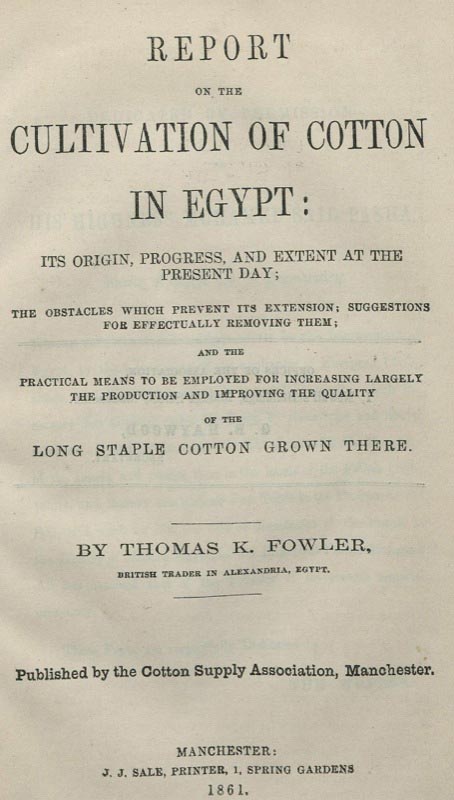
France turns to Egypt as an alternative source of cotton.
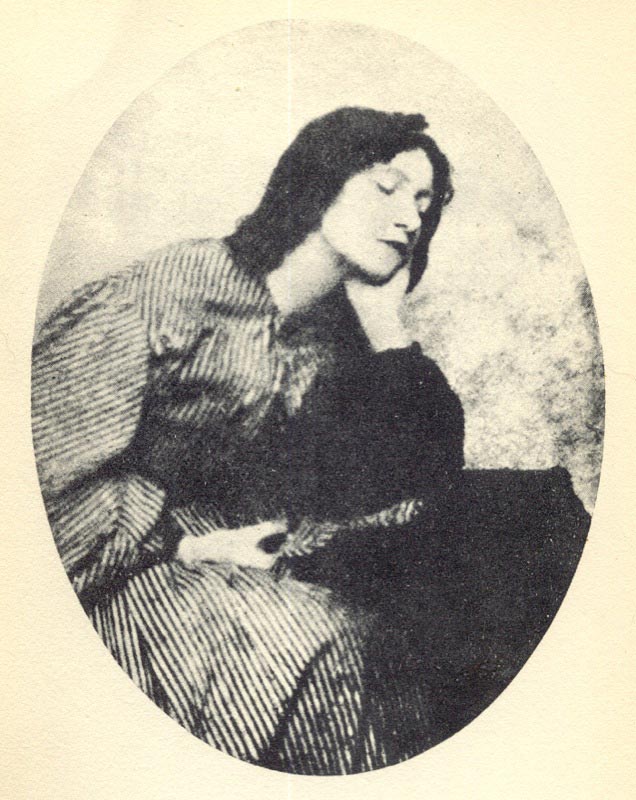
Pre-Raphaelite model Lizzie Siddal dies of a laudanum overdose.
French, Italian, Belgian and Swiss currencies join the Latin Monetary Union, defining their value in gold and silver.
The Pacific Railroad Act gives railroad companies the right to cut timber for 10-20 miles either side of their tracks. This is needed for sleepers and for fuel.
The navy ceases to demand large quantities of timber from the royal forests.

Jerry Thomas writes How to Mix Drinks, known colloquially as The Bar Tender's Guide.
Don Facundo Bacardi Masso establishes the Bacardi rum distillery in Cuba.
Otto von Bismarck is made Prime Minister of Prussia under Wilhelm I. He proclaims the need for iron and blood to make Germany great.
France acquires Cochin-China.
The Emancipation Proclamation bans slavery in all US federal territories.
The Mekong and Yangtze rivers are explored by Marie Joseph François Garnier, a French official in Indochina.
London International Exhibition.
Gerardus Johannes Droste starts a confectionary business in Haarlem, the Netherlands.
Jacobus Nienhuys establishes the Indonesian tobacco industry in Sumatra.
Friedrich Bayer and Johann Weskott form pharmaceuticals company Bayer AG in Barmen, Germany.
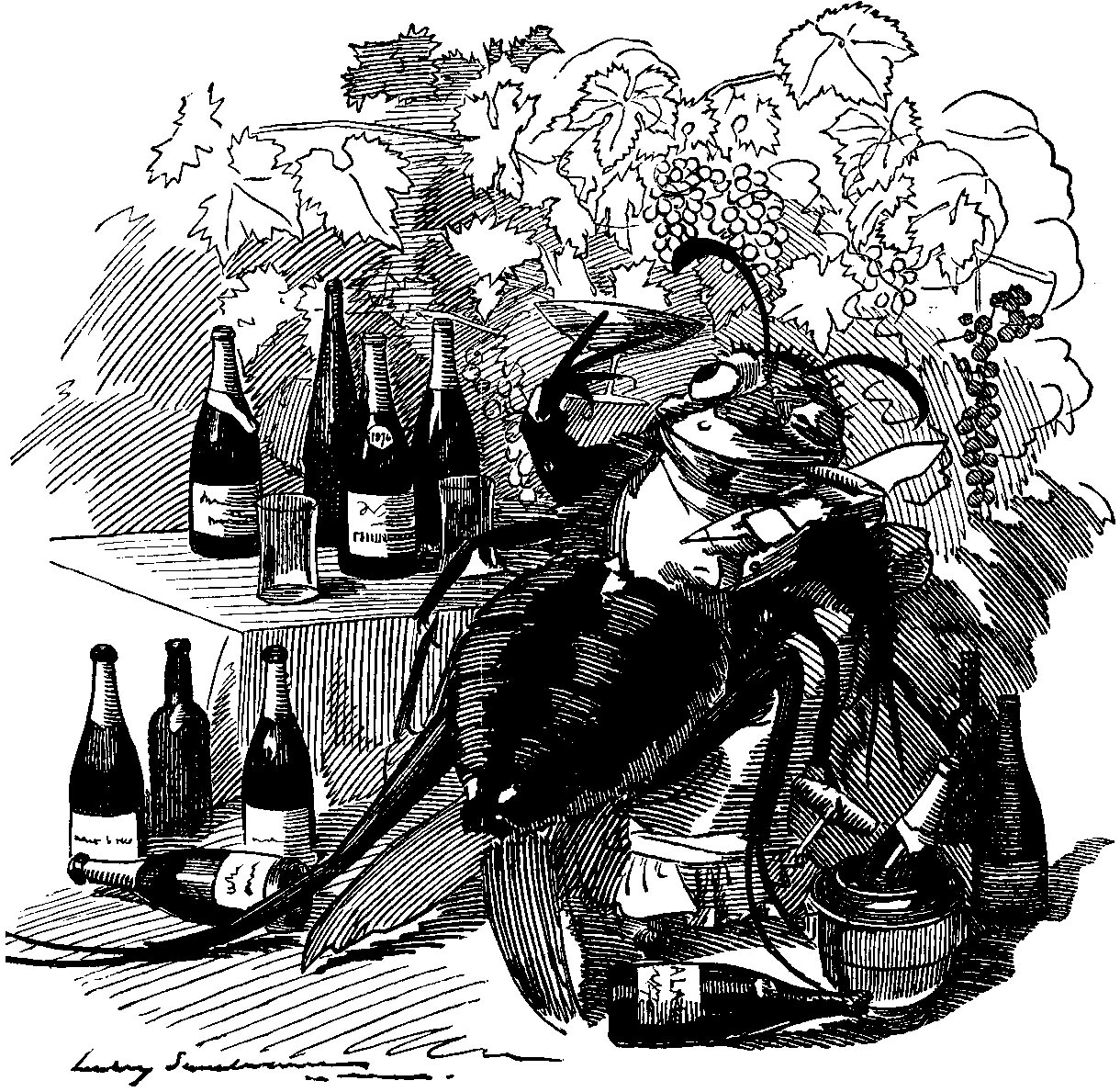
The Phylloxera louse spreads rapidly across Europe destroying the roots of vines.
West Virginia is added as a state of the Union.
Dr. James Caleb Jackson created the first breakfast cereal in 1863, which he called Granula.
James Caleb Jackson invents 'Granula' the first mass-produced dry breakfast cereal.
American artist James Whistler buys his first bit of Chinese porcelain. His artwork a year later featuring porcelain contributes to ‘chinamania’.
Bismarck encourages Prussia and Austria to join forces to annex the Danish provinces of Schleswig and Holstein.
Nevada is added as a state of the Union.
Samuel Adjai Crowther becomes the first African Anglican Bishop.
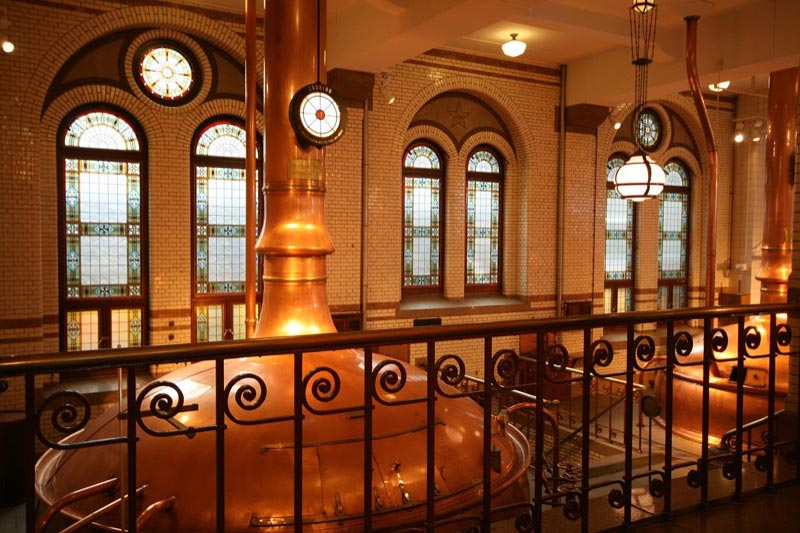
The Heineken Company opens its brewery in Amsterdam.
Rudyard Kipling.
William Butler Yeats.
James Mason patented America's first coffee percolator.
Sharecropping starts in the US. Free black farmers work on white-owned plantations.
The Morant Bay Rebellion in Jamaica is one of many revolts which creates instability in the sugar trade.
Abram Lyle moves into sugar refining in Greenock, Scotland.
The John B. Stetson Company is founded in Philadelphia to make the Western hat.
The China Inland Mission is founded.
The velocipede or bone-shaker is introduced, the precursor of the modern bicycle.
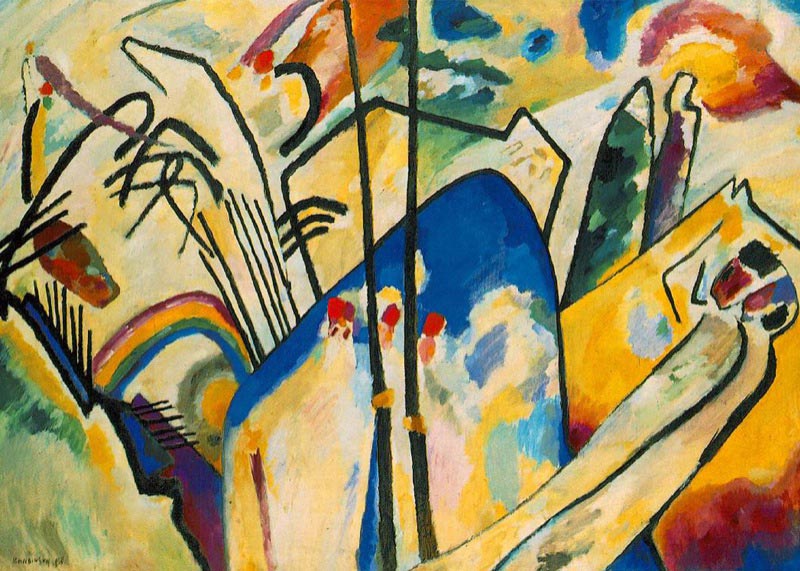
Wassily Kandinsky.

H. G. Wells.
Dynamite is invented by Alfred Nobel.
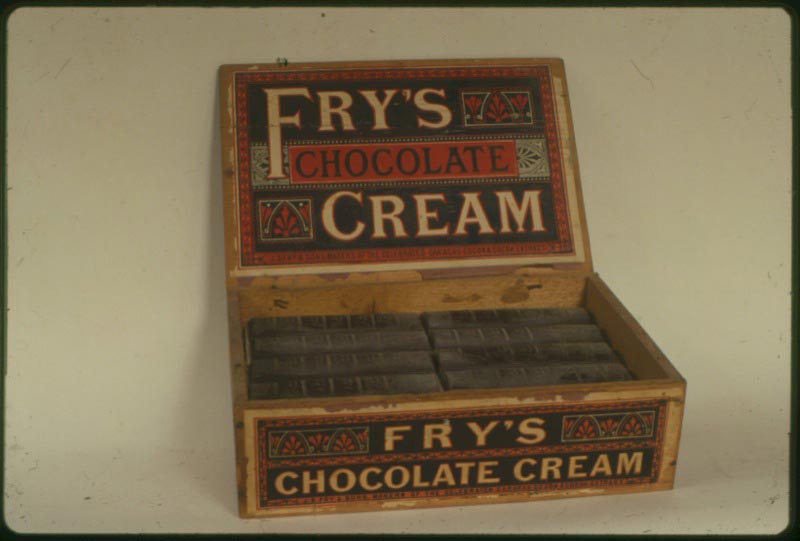
J. S. Fry & Sons introduce the Fry's Chocolate Cream bar, introducing a fondant filling.
Henri Nestlé founds what will become the Nestlé Company in Vevey, Switzerland. His initial interest is in milk formula drinks for babies.
Jeremiah Colman is given a Royal Warrant to produce mustard.
Italy take the Veneto region from Austria.
The Civil Rights Act protects the rights of African-Americans. At the same time, the Ku Klux Klan is founded.
Livingstone searches for the source of the Nile, but becomes ill and seeks refuge in Ujiji on the shores of Lake Tanganyika. He is discovered there in 1871 by Welsh-American explorer Henry Stanley.
Cadwallader Washburn builds a flour mill on the banks of the Mississippi in Minneapolis, the origin of General Mills.

Joseph Lister publishes his findings on the reduction of infections by the use of antiseptics.
Prussia defeats Austria at the battle of Königgrätz and Austria is excluded from the growing German Confederation.
Diamonds are discovered in the Kimberley region, on the borders of British and Boer land.
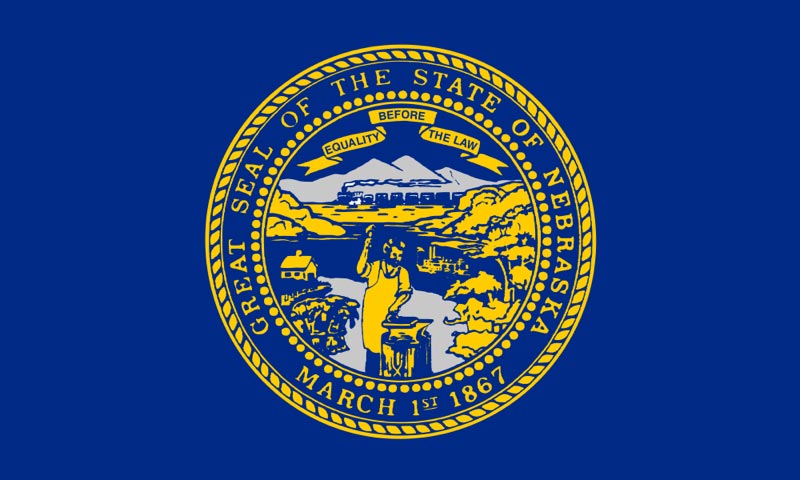
Nebraska is added as a state of the Union.
Alaska is purchased for the US from Russia.
The Constitution Act establishes Canadian self-government for the original provinces of Ontario, Quebec, Nova Scotia and New Brunswick.
The Australian Inter-Colonial Exhibition.
Ferdinand Hayden explores the Rocky Mountains.
Gertrude Bell, author, traveller and specialist on Arabia.
W. E. B. Du Bois.

Cadbury's introduces the first chocolate box.
A report on opium dens in East London appears in London Society.

Gold is discovered in South Africa by George Harrison.
Publication of John Grigor's Arboriculture showing how to manage forests.
William Ewart Gladstone is Prime Minister for four separate terms in this period.
Benjamin Disraeli is twice Prime Minister in this period.
Tolstoy publishes War and Peace.
Henri Matisse.
Andre Gide.
Henry Tate starts a sugar refining business in Liverpool.
J. C. Parkinson describes opium smoking in London in Places and People.
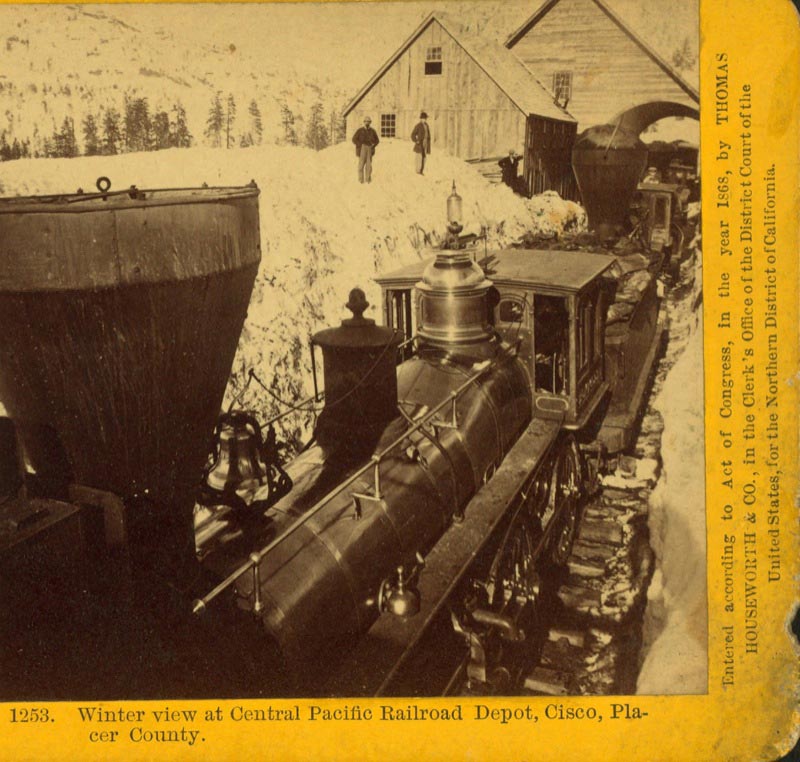
The completion of the Central Pacific Railroad eases the supply of timber across the US.
The beginning of Aboriginal Removals characterised as the 'Stolen Generations'. This process of removing aboriginal children from their families goes on for over a hundred years.
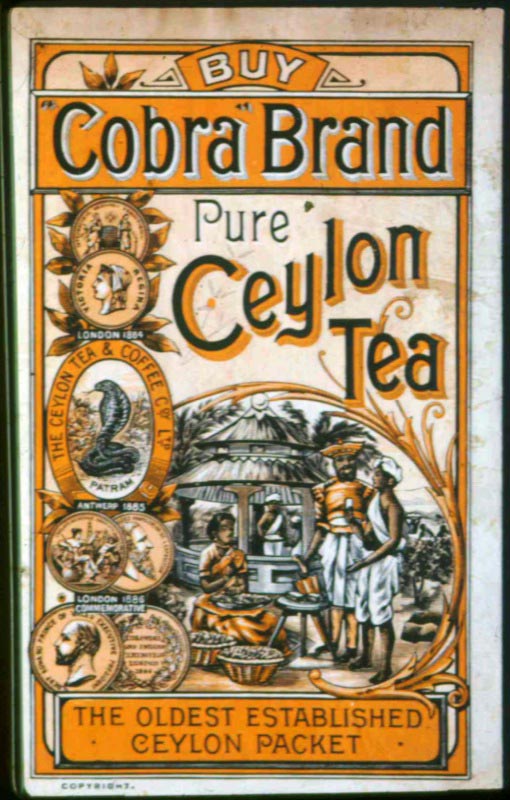
Sri Lankan coffee plantations are wiped out by disease and are subsequently replaced with tea plantations.

The US transcontinental railroad is completed.
Ferdinand Hayden publishes his Geological Report of the Exploration of the Yellowstone and Missouri Rivers in 1859-1860.
Mohandas 'Mahatma' Gandhi.
Henry John Heinz founds his food company in Pennsylvania. Ketchup became his most successful product which he developed in 1876.

Mustard seeds are grown in California.
Banana plantations begin to replace sugar cane plantations in Jamaica as the sugar cane market diminishes.
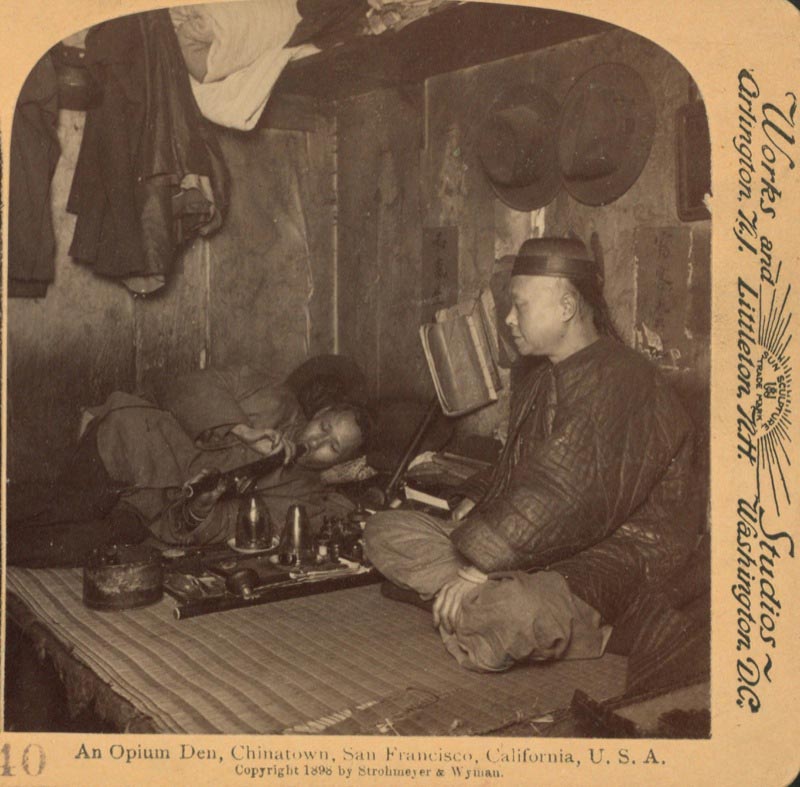
Opium dens spring up in Chinatown in New York.
The crosscut saw becomes more common in the Timber felling industry.
The Franco-Prussian War ends when Napoleon III is captured after the battle of Sedan. The German state and empire was recognised by the French.
!["The [Franco-Prussian] War: French National Guards, Gardes Mobiles, Pompiers, and Volunteers."](media/chron_franco_0423.jpg)
Italian forces seize Rome when French forces depart to fight the Franco Prussian war. Rome becomes capital of Italy.
The Suez-Bombay cable is laid by SS Great Eastern, providing faster communications links.

Manitoba and the Northwest Territories become Canadian provinces.
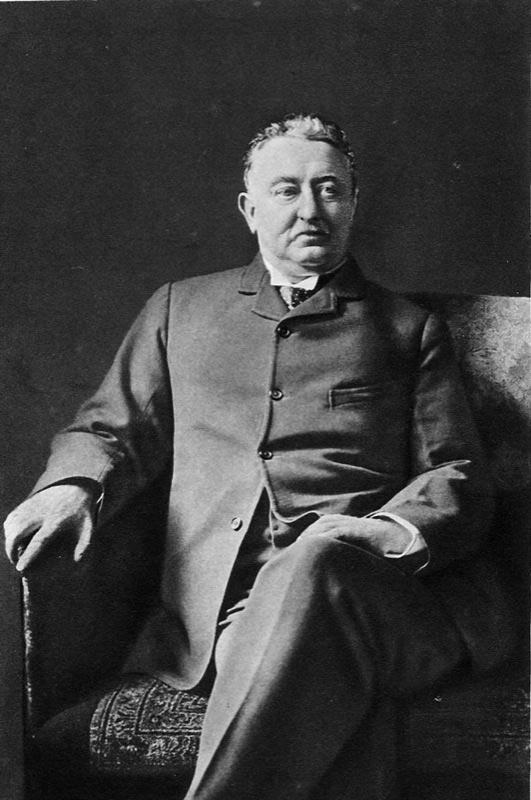
Cecil Rhodes arrives in South Africa for the good of his health.
Nicolai Prezwalski explores Central Asia in four expeditions over 15 years.
Deutsche Bank founded in Berlin which was created to focus on promoting and facilitating international trade.
The New York Cotton Exchange is founded by a group of merchants in the city as a common point of trade for the commodity. Cotton exchanges are formed soon after in New Orleans, Memphis, Savannah and Mobile, Alabama.
Vladimir Ilyich Lenin.
Standard Oil is founded in Ohio - with John Davison Rockefeller as a founding member.
Turkey Hard Red Winter Wheat is introduced to Kansas by Mennonite settlers.
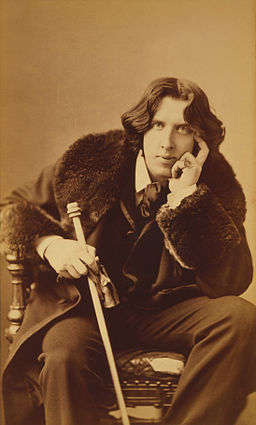
Oscar Wilde acquires two Chinese vases for his student room in Oxford and later exclaims “I find it harder and harder every day to live up to my blue China”.
Charles Darwin publishes The Descent of Man.
Albert Jones patents the use of corrugated paper as a packing material.

Australian vineyards more than double in size between 1851 and 1871.
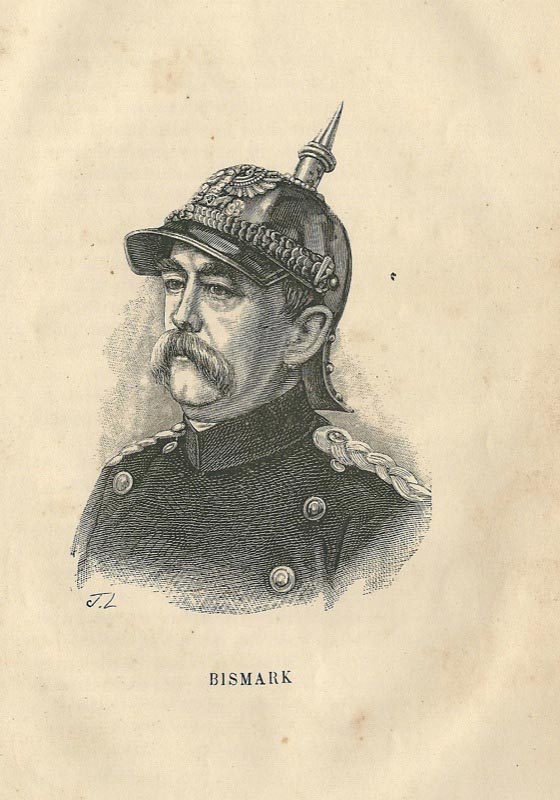
Otto von Bismarck is Supreme Chancellor of Germany.
Formation of the French Third Republic.
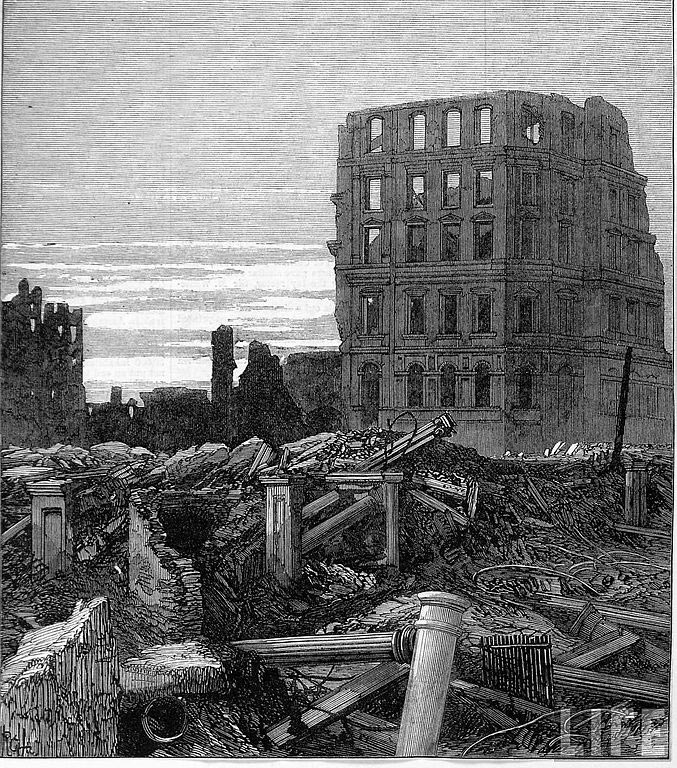
The Great Chicago Fire destroys much of the city, but provides an opportunity for a new high-rise cityscape to emerge.
The Treaty of Washington between Britain and America resolved British-Canadian-US territorial disputes and brought all three parties closer together following the Civil War. It encouraged the commercial development of the Great Lakes and the building of the Canadian Pacific Railway.
British Columbia becomes a Canadian province.
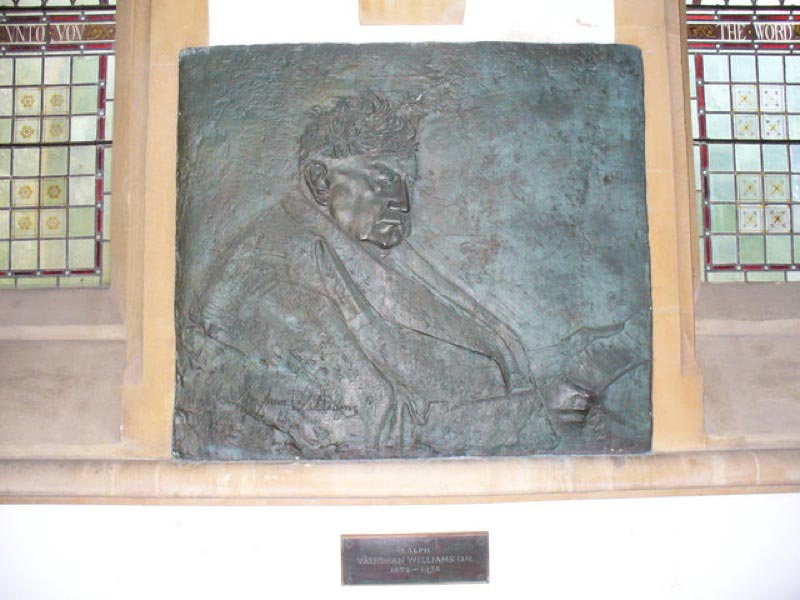
Ralph Vaughan Williams.
Bertrand Russell.
Another Food Adulteration Act is passed by Parliament.
The Pioneer Steam Coffee and Spice Mills Company is bought by James A. Folger and renamed as the Folger Coffee Company.
Yellowstone National Park is created.
The Dominions Law Act encourages settlers to move to the central prairies.
Cecil Rhodes buys his first diamond mine in Kimberley with support from Rothschild's Bank.
Ernest Giles explores central Australia.

C A Pillsbury & Co is founded in Minnesota manufacturing processed dough.
Another Food Adulteration Act is passed by Parliament.
Report of London’s South Kensington Museum (later the Victoria and Albert) declares that there had been no attmpt at a systematically-arranged collection of the art of Chinese porcelain.
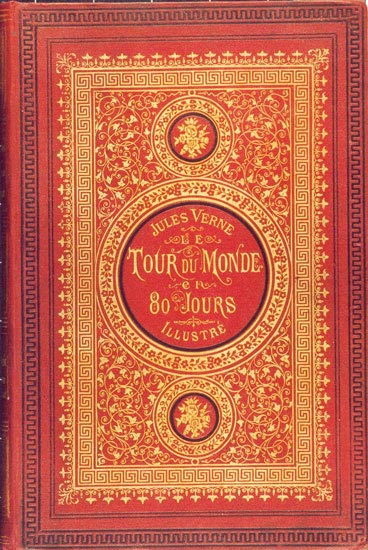
Jules Verne publishes Around the World in Eighty Days which follows the journey of fictional Englishman Phileas Fogg around the British Empire.
Richard Benson and William Hedges found Benson & Hedges in London.
Levi Strauss patents his famous blue denim jeans with metal rivets to give them strength.
America moves away from bimetallism, adopting a gold standard and rejecting silver. This causes silver prices to crash.
The Pilgrim's Rest Gold Rush is the first of many gold rushes in South Africa, which is responsible for 40% of all subsequent gold produced from the ground.
Germany adopts the gold standard but has to abandon it in 1914.
Prince Edward Island becomes a Canadian province.
Black Ivory is written by R. M. Ballantyne.
The Asiatic in England is written by Joseph Salter.
The Sydney Inter-Colonial Exhibition.

William Gosse 'discovers' Uluru or Ayers Rock, in Australia.

General Gordon becomes Governor of the Sudan.
Lady Charlotte Schreiber (1812-95) states “The rage for everything ‘blue and white’ is truly ridiculous … The dealers own it to be so, but are not to blamed for the profiting from the madness of the hour.”
Arnold Schoenberg. He moved to the US in 1934.

Robert Frost.
Washington Duke establishes a tobacco factory in Durham, North Carolina.
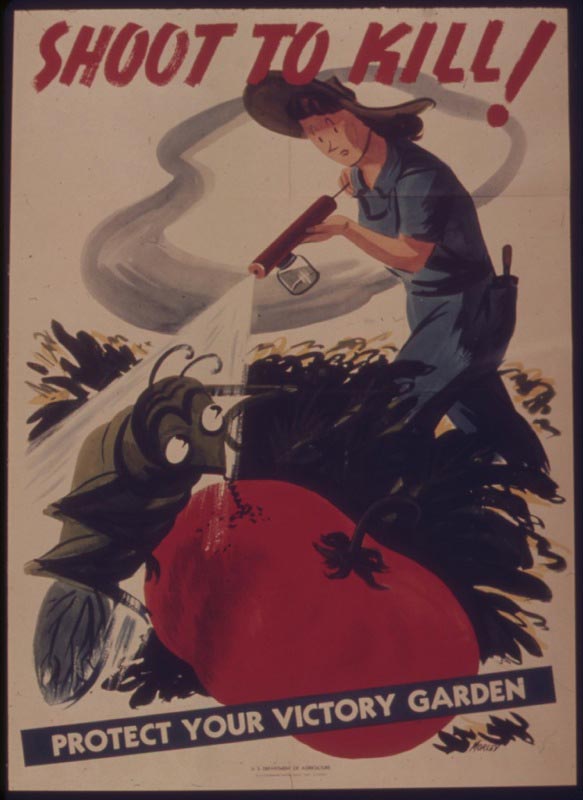
DDT is synthesised.
British Prime Minister Gladstone abolishes punitive taxes on tea and sugar, causing the price to fall and popular consumption to take off.
English scientist Charles Wright is the first person to synthesize heroin.
Prospectors rush to the Black Hills of Dakota to dig gold, ignoring Native Indian settlements and land rights promised by the US Government.
The Women's Christian Temperance Union is founded in America to campaign against the consumption of alcohol.
The East India Company (EIC) is wound up.
Britain declares the Gold Coast province of Ghana as a British protectorate after the Dutch withdraw.

Henry Stanley follows the Congo from its source to the sea.
The Anglo-Oriental Society for the Suppression of the Opium Trade, Britain’s main anti-opium activist group, is founded.
DDT is synthesised.
Carl Jung.
Edgar Rice Burroughs, author of Tarzan and John Carter.
John Buchan.
Thomas Mann.
Charbonnel et Walker is founded in London and becomes a royal favourite.
Henri Nestlé and Daniel Peter combine their talents to make the first Milk Chocolate bar.
R. J. Reynolds establishes the R. J. Reynolds Tobacco Company in Winston-Salem, North Carolina.

Allen & Ginter start to print pictures on one side of the card stiffener put in cigarette packs and text on the other, creating the first cigarette cards.
Egypt is declared bankrupt having overspent during the cotton boom whilst the American Civil War continued. After the war, cotton prices collapse.

The sugar cube is introduced.
Jasper 'Jack' Daniel founds Jack Daniel's bourbon distellery in Lynchburg, Tennessee.
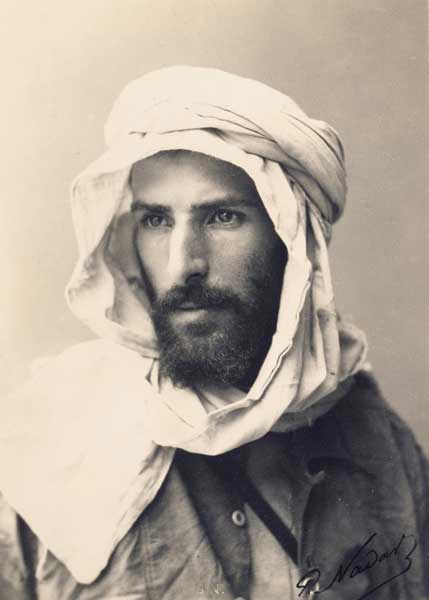
Pietro di Brazza explores central Africa.
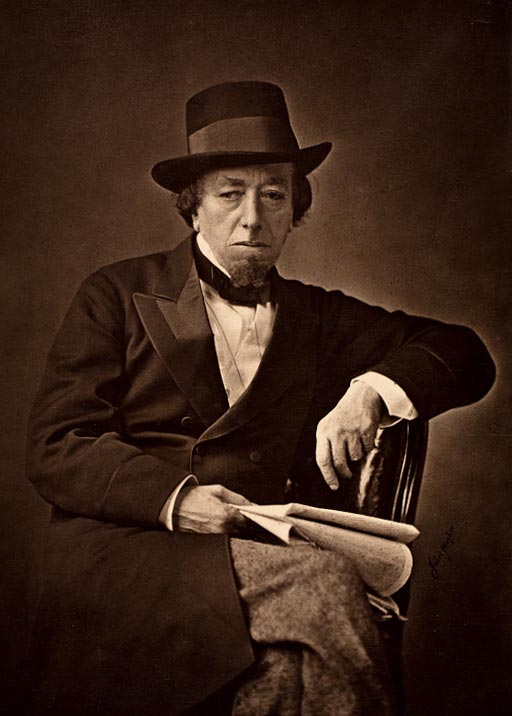
Disraeli buys Suez Canal shares from the Khedive.
Joseph Rank establishes a flour milling business in Yorkshire.
Robert Nobel begins producing paraffin in Baku. The Nobel brother's company, 'Branobel', becomes a serious competitor to Rockefeller's Standard Oil Company.
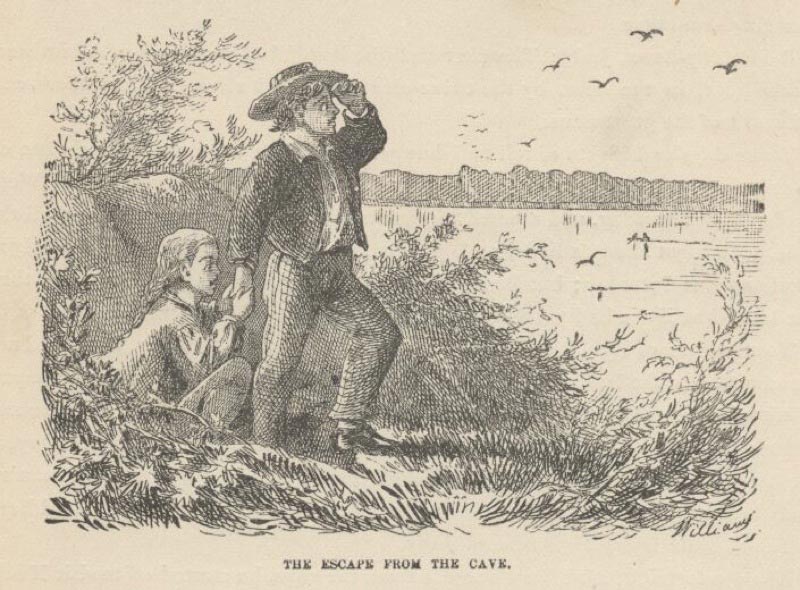
The Adventures of Tom Sawyer is published by Mark Twain.
The petrol carburettor is invented by Gottlieb Daimler.
Britain and France take control of Egypt.
Bat Masterson, Billy the Kid and Butch Cassidy help to make the bowler hat the most popular hat in the American West.
Colorado is added as a state of the Union.
John Moresby explores New Guinea.
Egypt's Bankruptcy results in Anglo-French control.
The Anheuser-Busch Company introduces the Budweiser brand.
The Branoble oil company is founded in Azerbaijan and takes the lead in world oil production in the late nineteenth Century.
Wheat is shipped from the Prairies to Eastern Canada.
George Gilbert Scott's St Pancras Railway Station marks a high point in neo-Gothic building in Britain.
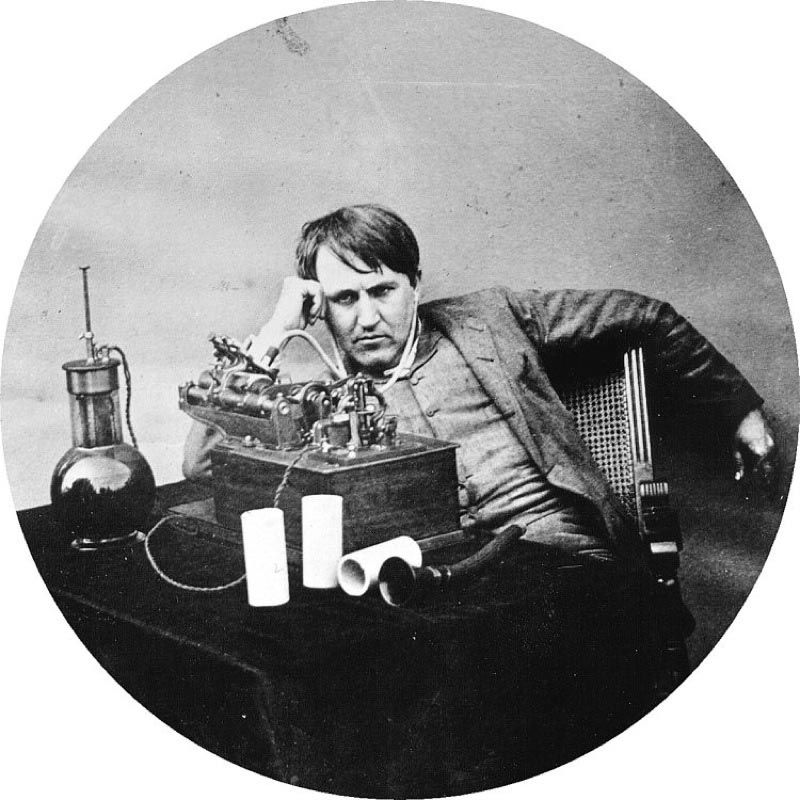
The phonograph is invented by Thomas Alva Edison.
The Distillers Company is founded by six Scotch Whisky distillers including Haig.
The Russo-Turkish War. The Ottoman Empire is driven out of most of the Balkan region.
Delhi Durbar.

Cadwallader Washburn partners with John Crosby to form the Washburn Crosby Company.
First performance of Gilbert and Sullivan's comic opera HMS Pinafore.
William Crookes develops Crookes tubes to investigate cathode rays.
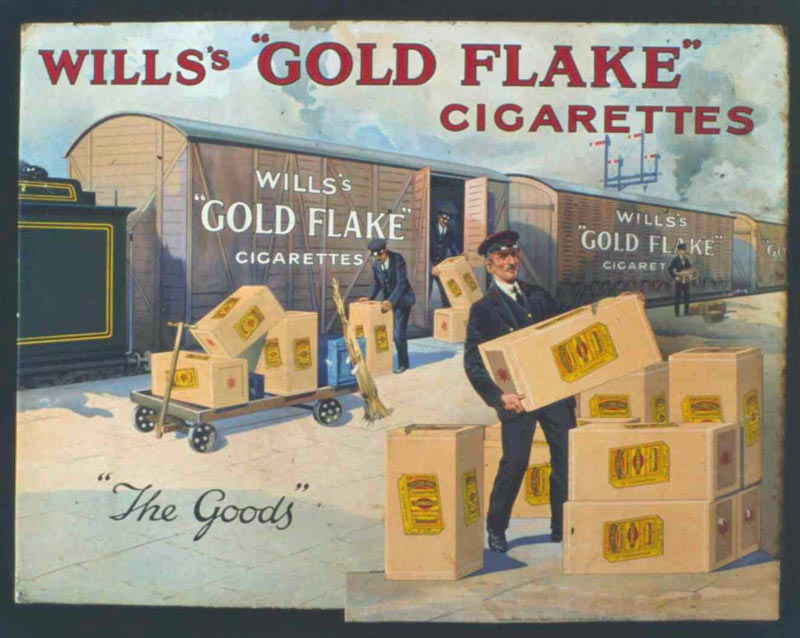
W. D. & H. O. Wills introduces the Three Castles and Gold Flake brands.
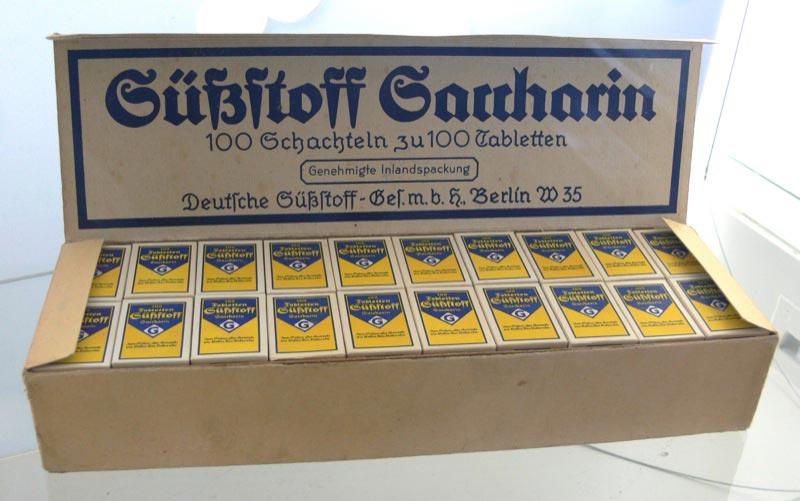
Constantin Fahlberg discovers the artificial sweetener, Saccharin.
San Francisco passes an Anti-Opium law to curb opium use.
Britain passes the Opium Act which bans the import, transport, possession or sale of opium except where licensed to supply registered Chinese opium smokers and Indian opium eaters.
The Paris International Exhibition.
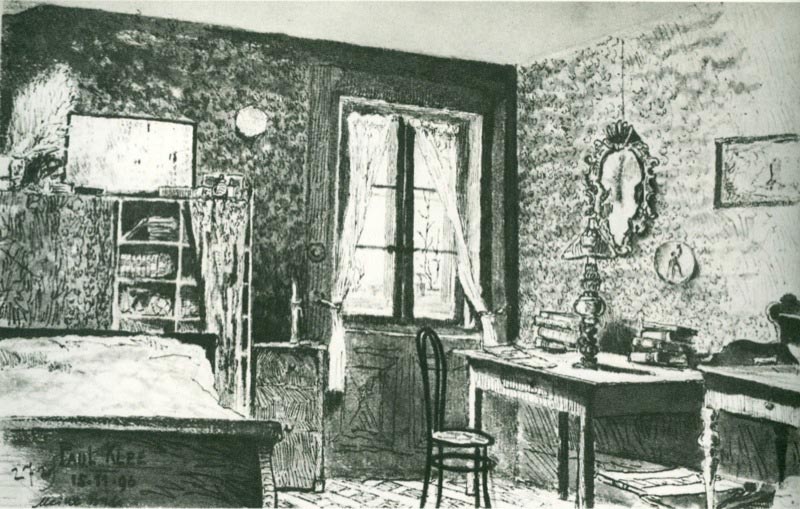
Paul Klee.

Leon Trotsky.
Swiss confectioner Rodolphe Lindt invents the 'conching process' - creating very smooth chocolate by grinding the paste between granite rollers for 72 hours.
E. H. Dyer founds the Standard Sugar Manufacturing Company in California, producing sugar from sugar beet.
The Zulu War, between Britain and the Zulu Nation, ends in the defeat of the Zulus.

First Woolworth's store opens in Lancaster, Pennsylvania.
Joseph Stalin.
Japan establishes an effective domestic opium control regime.
The start of two years of poor wheat harvests in the UK and Europe.
Coffee is planted in Ethiopia.
Suchard opens a chocolate factory in Germany.
Sugar beet replaces sugar cane as the world's main source of sugar and Germany is the largest producer.
The US replaces Britain as the principle market for Candian timber.

New sources of mahogany are discovered in West Africa, encouraging a rich timber trade.
Europe's vineyards are saved by grafting European vines onto American rootstock.
The First Boer War, between competing Boer (former Dutch) and British states in South Africa, ends in British defeat.
Pablo Picasso.
Foundation of the Indian Tea Association.
International Cotton Exposition in Atlanta, Georgia.
The Hudson's Bay Company opens its first department store in Winnipeg, Manitoba.
The Division of Forestry is created within the US Department of Agriculture.
Tunisia becomes a French protectorate.
The Canadian Pacific Railway is built between Quebec, Ontario and British Columbia.
"The Scramble for Africa"; Europeans powers vie for control of African states.
Opiates appear in India and China as substitutes for opium smoking.
Igor Stravinsky. He moved to the US in 1939.

Edward Hopper.
Virginia Woolf.
Robert Koch discovers the cholera virus.
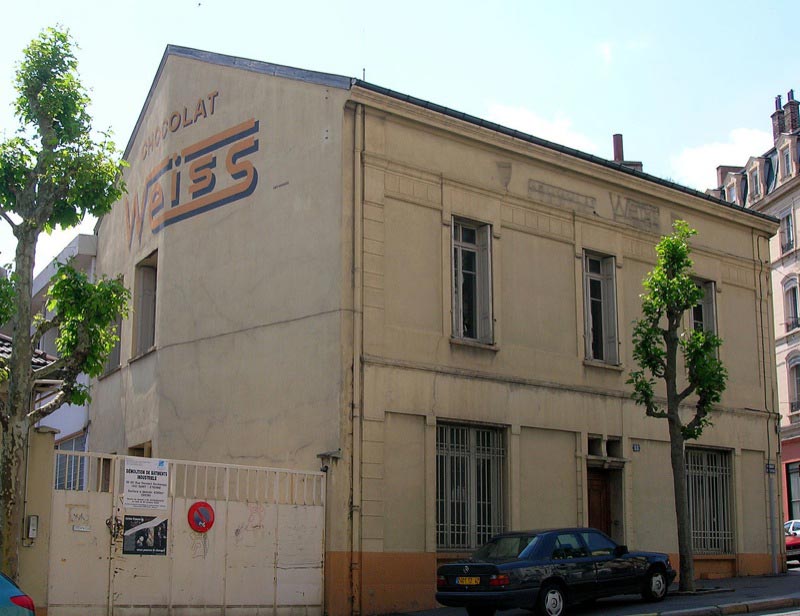
Weiss chocolate is founded in Saint-Étienne.
British troops occupy Egypt and remain there until 1956.
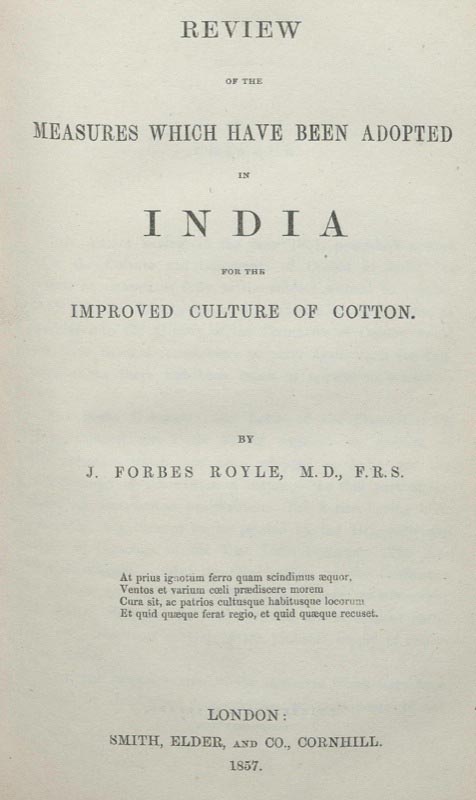
The abolition of Indian import duties leads to a boom in the Indian cotton spinning industry and accelerates the demise of spinning in the UK.
British forces take control in Sudan.
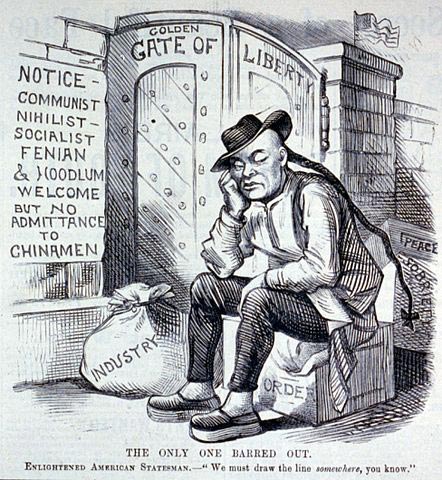
The Chinese Exclusion Act restricts Chinese presence in the US.
A Coffee Exchange is founded in New York City.
French consul in China, Georges Francisque Scherzer, visits Jingdezhen with the purpose of industrial espinonage for the Sèvres factory. He died in 1886 on his way back to France.
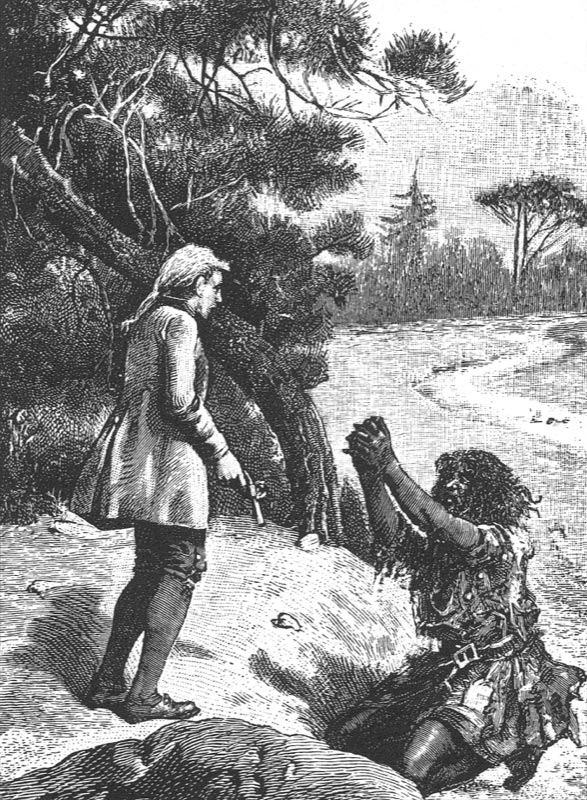
Robert Louis Stevenson writes Treasure Island.
British historian John Seeley writes his Expansion of England.
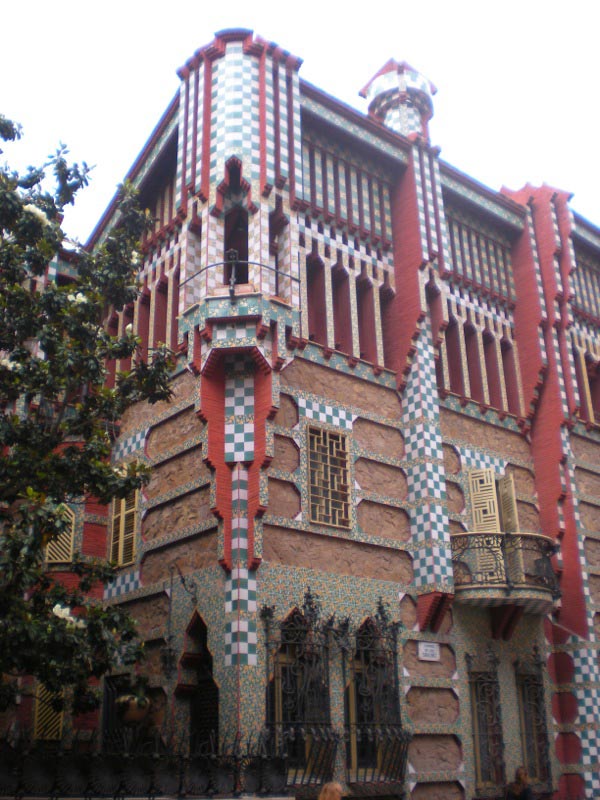
Antoni Gaudi completes the Moorish inspired Casa Vicens in Barcelona.
Charles Neuhaus founds the Côte d'Or brand in Halle, Belgium.
Lucky Strike first appears as a form of chewing tobacco.
Punjab Art & Industry Exhibition.
The Canadian Government establishes industrial schools for First Nations children.
American inventor Charles Fritts builds the first solar cell, using selenium as a semiconductor. Despite its lack of success, it paves the way for research and development in harnessing energy from the sun.
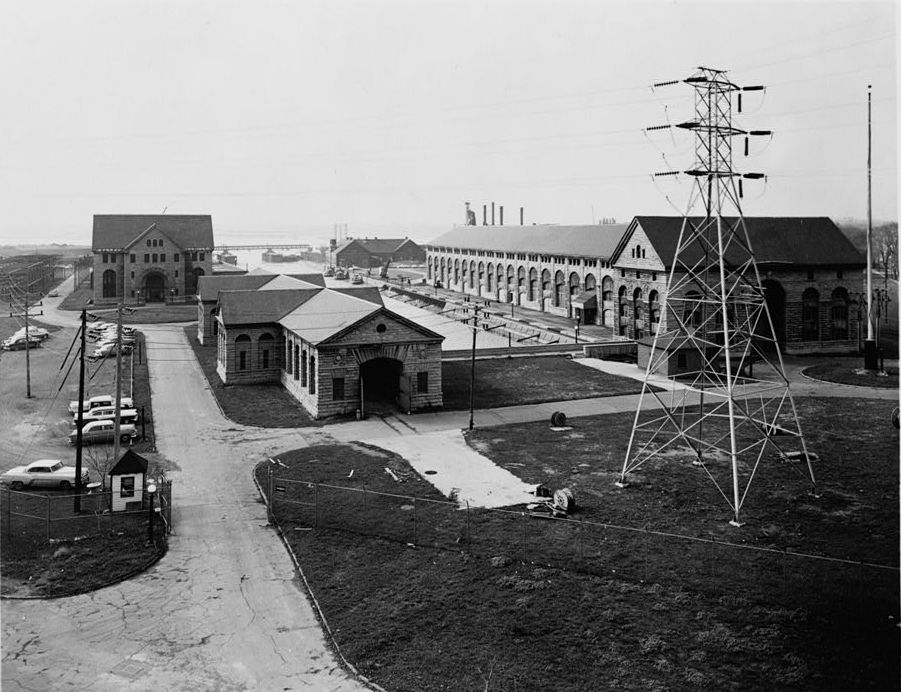
The Niagara Falls Power Company is formed to build a hydro-electric power station. George Westinghouse is hired as chief designer.
The Home Insurance Building in Chicago is the first steel structure skyscraper.
German South West Africa is established in what is now Namibia.
Germany settles in Kamerun, West Africa.

Togoland is declared a German protectorate.
Germany annexes the Bismarck Archipelago in the Pacific.
Publication of King Solomon's Mines by H. Rider Haggard.
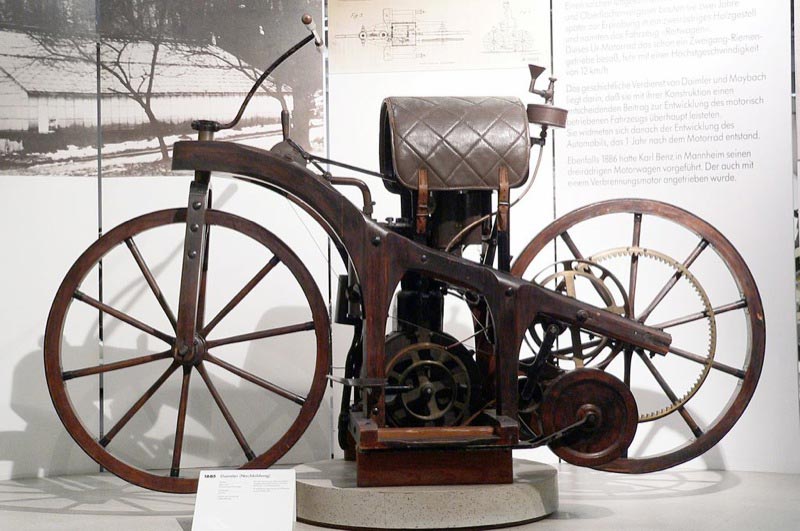
The motor cycle is invented by Gottlieb Daimler and Wilhelm Maybach.
Louis Pasteur uses a vaccination against rabies successfully for the first time.
J. B. Duke licences the first automated cigarette machine from the inventor, J. A. Bonsack.
The British plant cotton in Africa and increase the size of Indian cotton plantations.
Abram Lyle starts to produce Golden Syrup in tins.
The Third Anglo-Burmese war. Britain seizes Mandalay and starts British colonial rule in Burma.
A third Anglo-Burmese War sees Britain annexing Northern Burma.
German East Africa is created by trader Carl Peters in what is now Tanganyika, Rwanda and Burundi.
Germany declares the Marshall Islands as a German protectorate.
The Indian National Congress Party is founded, representing liberal, centre-left and nationalist policies. It later became dominated by the Nehru and Gandhi families.
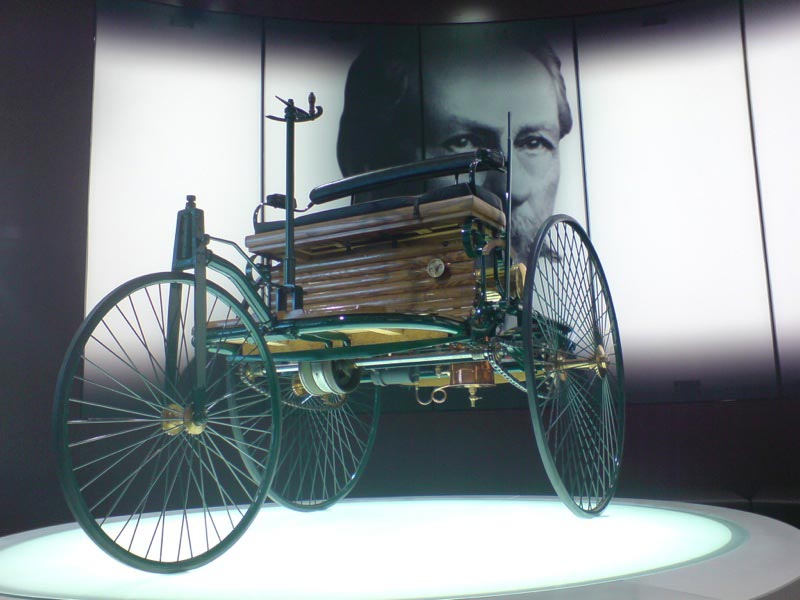
Karl Benz invents the first practical automobile.
General Gordon is beheaded by the forces of the Mahdi following a revolution in the Sudan.
The Lever Brothers purchase their first soap works in Warrington.
W & R Jacob found the Jacob's biscuit company in Waterford, Ireland, and become famous for their crackers.

Hugh Mackay develops the Sunshine Harvester - the first successful commercial combine harvester.
Oil is discovered in Sumatra by Royal Dutch (Shell).
Heinrich Hertz begins research that demonstrates the existence of radio waves.
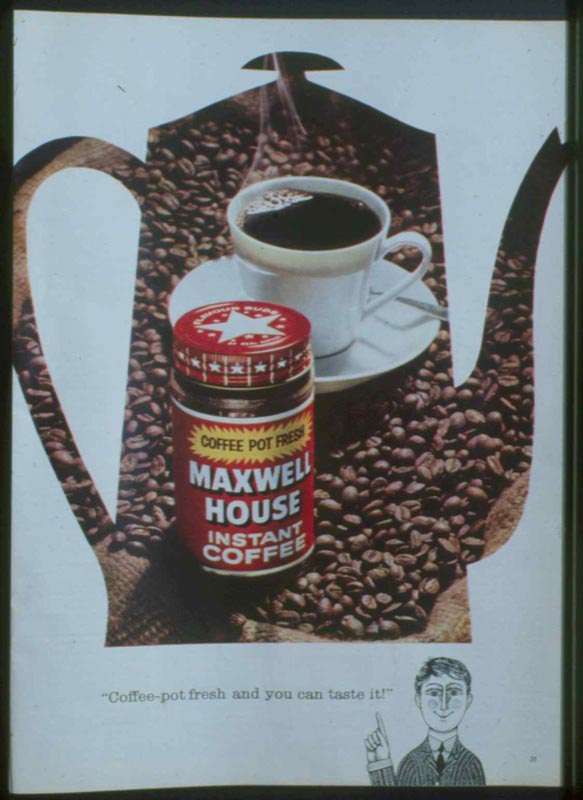
Maxwell House coffee is invented by Joel Cheek in Nashville.
The largest deposit of gold in the world is discovered in Witwatersrand, helping to provoke the Boer War.
Casa San Matias is founded in Guadalajara to make Tequila.
Pyotr Smirnoff is made vodka purveyor to the Russian court.

Gold is discovered in Witwatersrand.
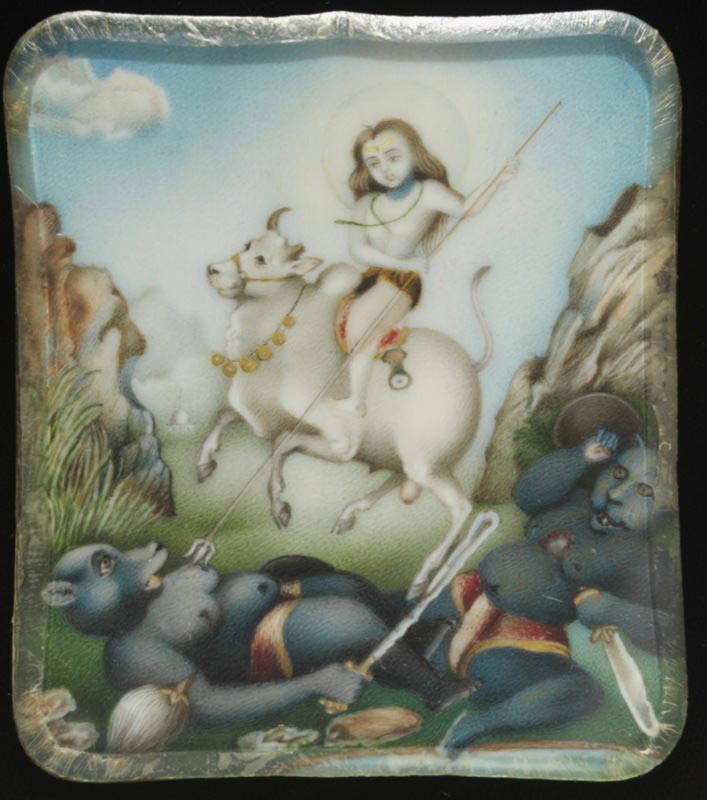
The Colonial & Indian Exhibition.
The Royal Niger Company is founded.
German engineer Karl Benz produces the world's first automobile and forms Benz & Co. Later that year Gottlieb Daimler and Wilhelm Maybach mechanise a stagecoach and formed their own company which later introduced the name Mercedes. Both companies merged to form Daimler-Benz in 1926.
Chinese domestic poppy cultivation fully legalizsed.
Marc Chagall.
Densham & Sons introduce Mazawattee tea.
Coffee is planted in Indo-China.
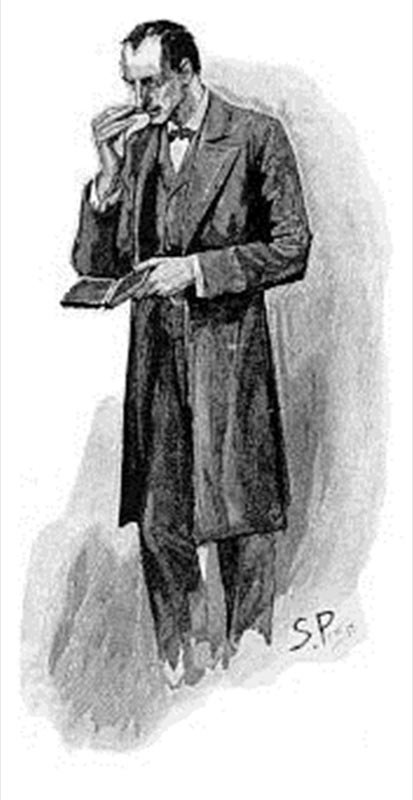
Sherlock Holmes first appears in fiction and is a habitual user of cocaine and morphine.
John MacArthur discovers the cyanation process to extract gold from ore, vastly improving extraction.
The British East Africa Company is established.
The Winnipeg Grain exchange is founded.
Richard 'Stoney' Smith patents the Hovis bread process, which uses a rich wheat germ flour.
Publication of The Man Who Would Be King by Rudyard Kipling.
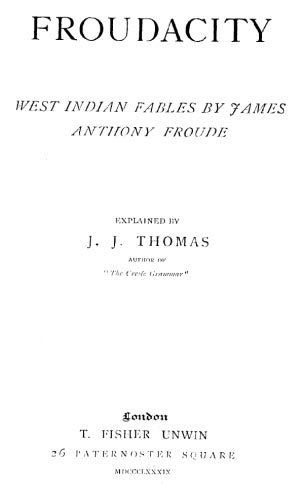
J. A. Froude writes his England in the West Indies travelogue which aroused much critique due to his opinions on colonial desire for self government. A year later the Trinidadian John Jacob Thomas published a rebuttal called Froudacity.
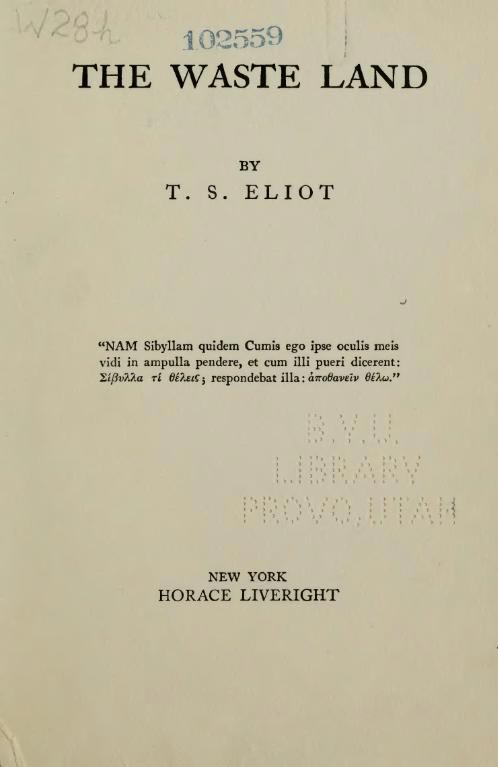
T. S. Eliot.
Coffee is planted in the Sumatran highlands.
W. D. & H. O. Wills introduces the Woodbines brand.
Bayer AG introduce heroin tablets as a cough remedy, but they are withdrawn in 1913 after they are shown to be addictive.
Uganda falls under British control.
Fridtjof Nansen crosses Greenland.
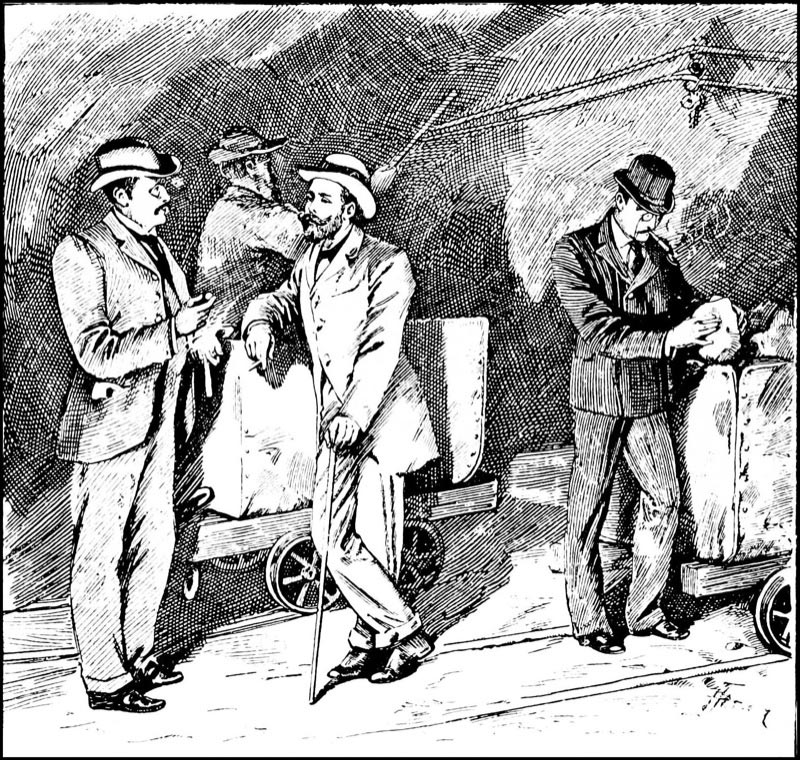
Cecil Rhodes founds De Beers diamond exploration company.
French Indochina replaces opium farms with government opium monopoly.
American inventor Charles Brush is the first to use windmills to generate electricity. He created the 12kW DC windmill generator.
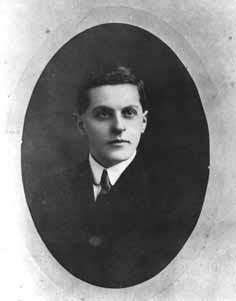
Ludwig Wittgenstein.
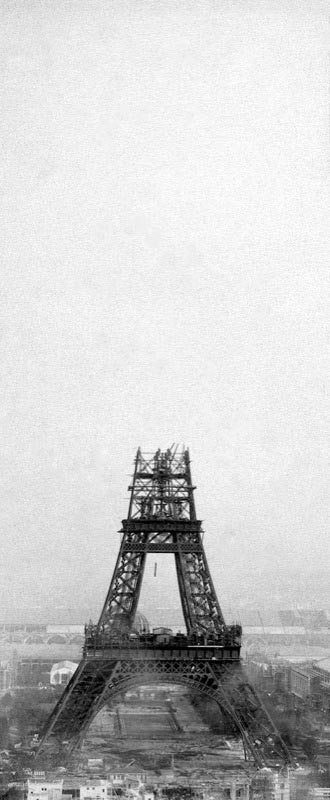
The Eiffel Tower is completed in Paris at a height of 324m.
India replaces China as the major supplier of tea to the UK.
The Utah Sugar Company is established and helps to generate a major cash crop for the region.
Italy annexes Somalia.
Adolf Hitler.
North Dakota, South Dakota, Montana and Washington are added as states of the Union.
Trinidad and Tobago are united as a British colony.
Cecil Rhodes establishes a monopoly over the world diamond trade.
The British South Africa Company is founded by Cecil Rhodes.
William Moore founds the New York Biscuit Company by merging together a group of bakeries.
Agatha Christie.
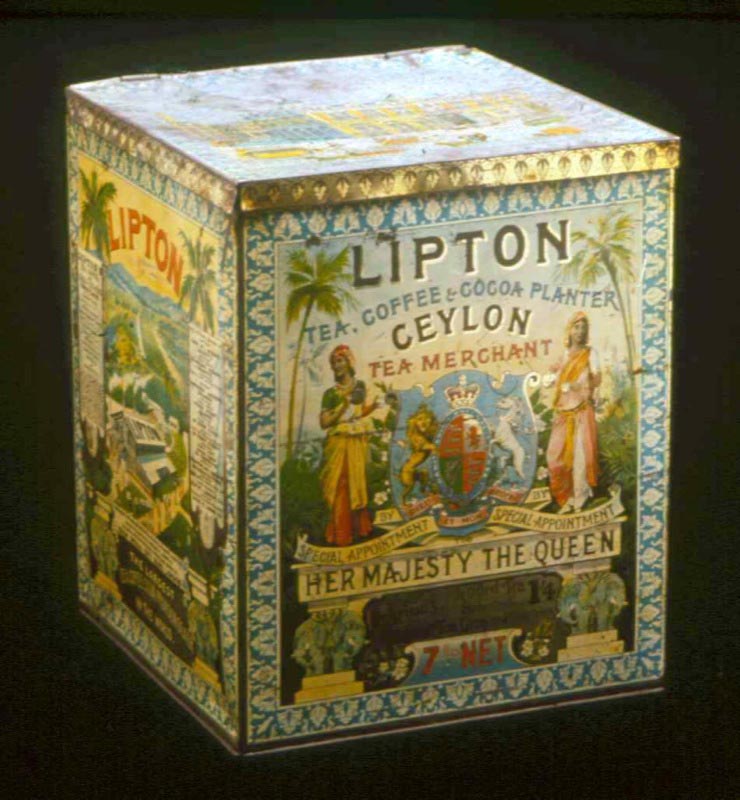
Thomas Lipton buys tea estates in Ceylon.
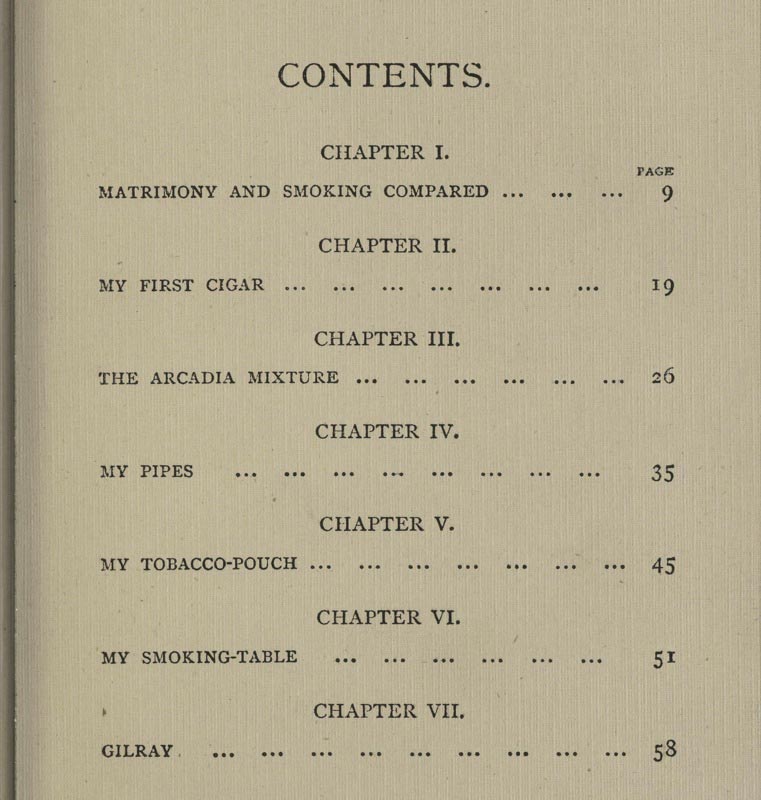
J. M. Barrie writes My Lady Nicotine in praise of smoking.
Controlled by Duke, the American Tobocco Company is made from the merger of W. Duke & Sons, Allen & Ginter and three other companies. It owns 90% of the US market.
Louis Rothman starts his tobacco company with a small tobacco shop in London.
Opium dens spring up in Chinatown in Vancouver and Victoria.
US Congress imposes a tax on opium and morphine.
Gold is discovered in Western Australia.
Robert Gair invents the pre-cut cardboard box and this is widely adopted as a form of packaging.
Bismarck is forced to resign by the new kaiser, Wilhem II, who wants a more expansive foreign policy. Bismarck warns of the dangers of a major European war.

Charles de Gaulle.
Idaho and Wyoming are added as states of the Union.
Yosemite National Park is created.
The Wounded Knee Massacre marks the end of the US Federal Government's wars against Native Indians.
British interests in Zanzibar are recognised by the Heligoland-Zanzibar Treaty.
In Darkest England is written by General Booth.
General Federation of Women's Clubs is founded in US. Conservation and ecology are its top priorities.
Yosemite National Park and General Grant national parks are authorized by Congress as is Sequoia National Park.
Adolphus Green founds the American Biscuit & Manufacturing Company by merging together a group of bakeries in the Midwest.
The zip is invented by Whitcomb L. Judson.
The American Sugar Refining Company is established in New Jersey, combining many smaller sugar companies and controlling 98% of US sugar production.
Julius Caesar Czarnikow establishes Czarnikow, MacDougall & Co in New York to import sugar.
The Forest Reserve Act enables the President to create forest reserves from land in the public domain, to control the loss of woodland. Harrison puts aside 13 million acres.
Philips Electronics is founded in The Netherlands.
The Forest Reserve Act is passed by US Congress.
Clarence Kemp of Baltimore patents the first commercial Climax Solar Water Heater.
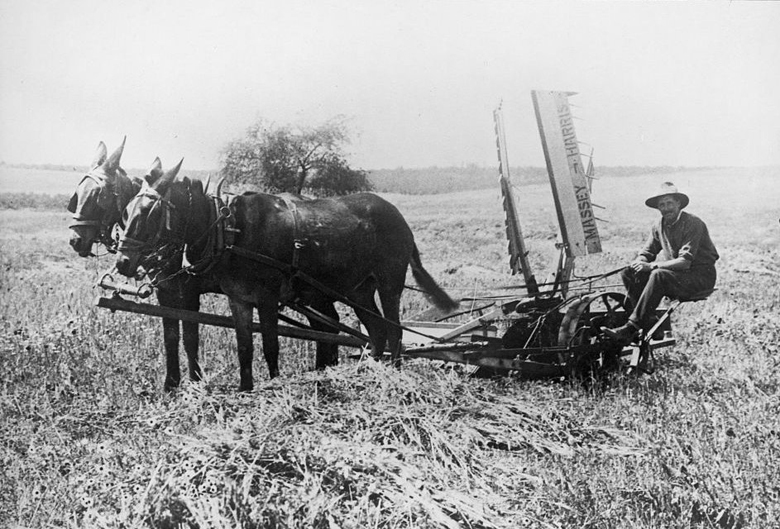
Massey Manufacturing and A Harris merge to create the largest agricultural machinery manufacturer in the British Empire.
The first commercial solar water heater becomes available to the public. The 'Climax Solar-Water Heater' was invented by the American Clarence Kemp.
Poul La Cour makes significant advancements in transferring wind into electricity. By 1918, 120 of his turbines were in use in Denmark. Demand for wind power plummeted after the war as fossil fuel prices stabilised.
J. R. R. Tolkien.
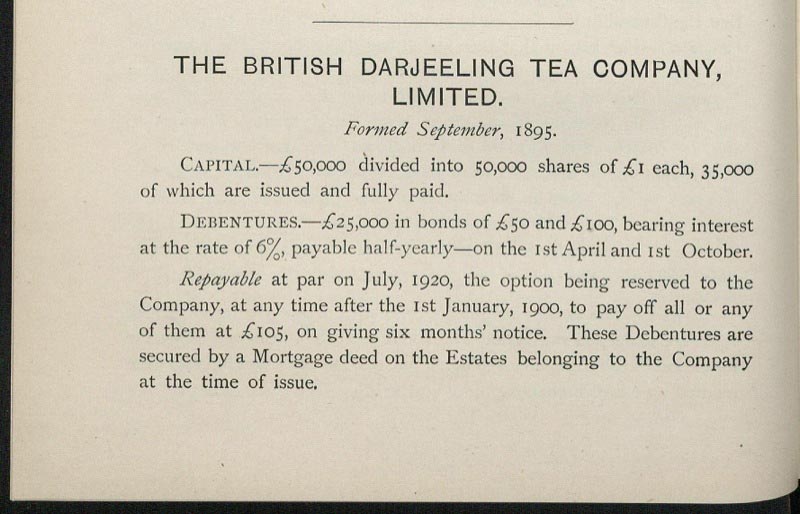
Foundation of the Darjeeling Tea Planters Association.
Clémentine and Auguste Rouzaud found Marquise de Sévigné chocolates in Royat, in the Auvergne.
Norwegian explorer Carl Larsen discovers fossils in the Antarctic.
Foundation of General Electric through a merger of Edison General Electric and Thomson-Houston Electric Company.
Inventor Aubrey Eneas founds the Solar Motor Company of Boston.
The last great cholera outbreak occurs in Europe.

The Sierra Club is founded in the US by John Muir, Robert Underwood Johnson and William Colby "to do something for the wilderness and make the mountains glad".
Many Londoners die in a smog incident.
McVitie & Price, Ltd invents the Digestive biscuit.
Henry Perky of Denver invents Shredded Wheat cereal.
Nikola Tesla demonstrates the use of short range wireless communication.
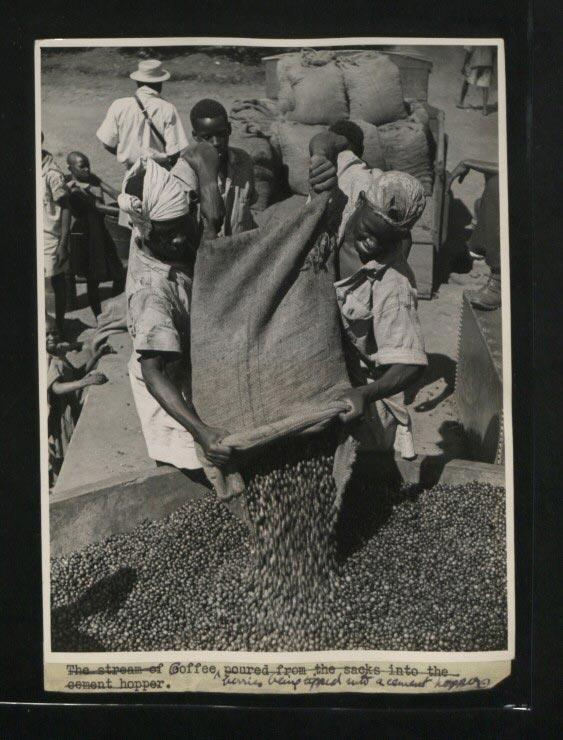
Coffee is first planted in Kenya and Tanzania.
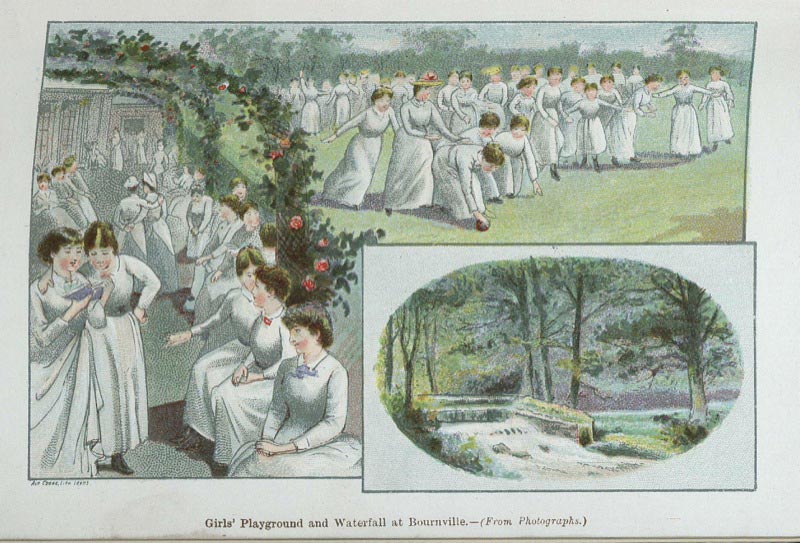
George Cadbury establishes the Bournville estate for his workers.
The Hottentot uprising challenges German rule in South West Africa.
The British Central African Federation is established in Nyasaland.
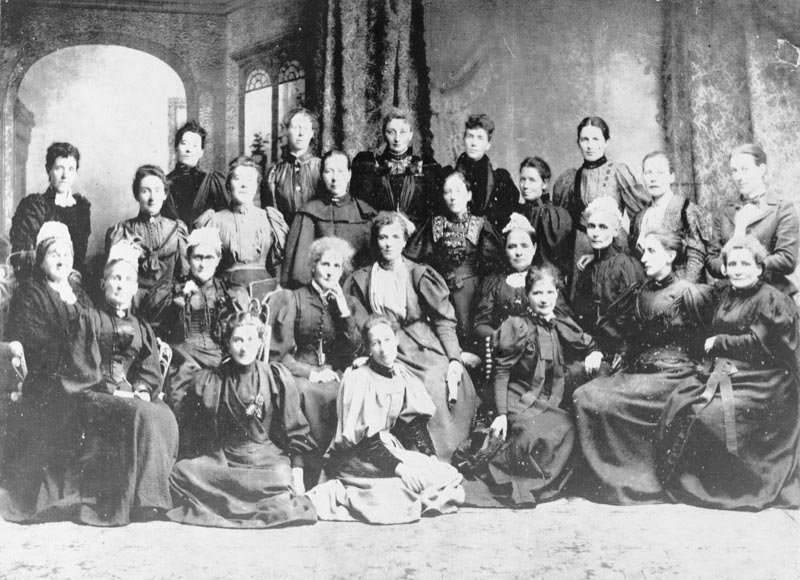
New Zealand is the first nation to grant women the vote.
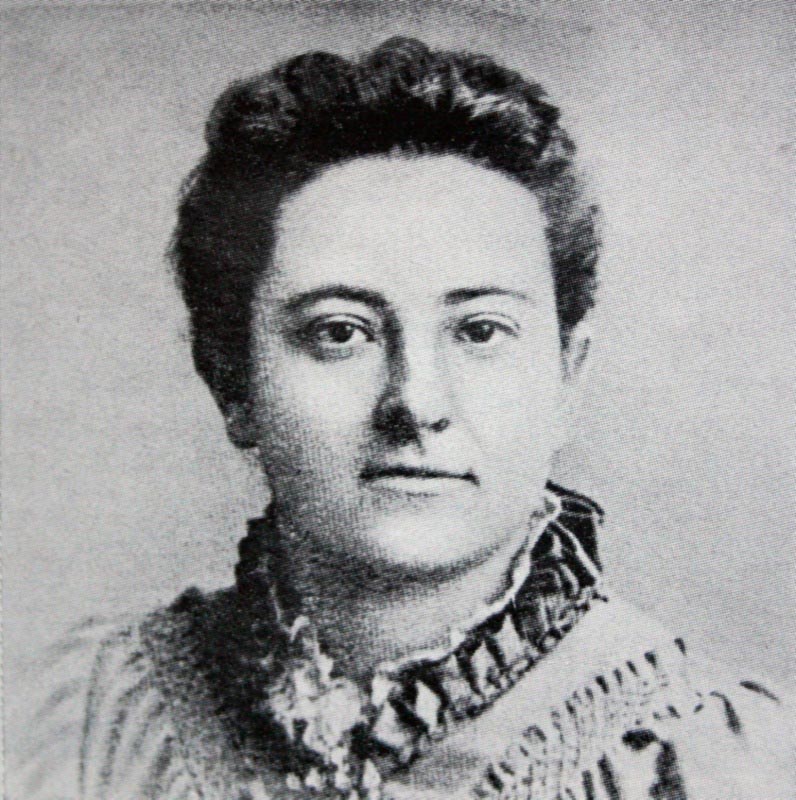
The Story of an African Farm is written by Olive Schreiner.
Rudyard Kipling publishes the children's novel The Jungle Book.
The Prisoner of Zenda is published by Anthony Hope.
Aldous Huxley.

Lyon's opens its first tea shop in Piccadilly, London.
Luigi Lavazza sets up a grocery store in Turin selling coffee and other produce.
Milton Hershey experiments with making chocolate coated caramels and founds the Hershey Chocolate Company. He finds a way to make chocolate cheaply.
Tobacco production begins in Zimbabwe.
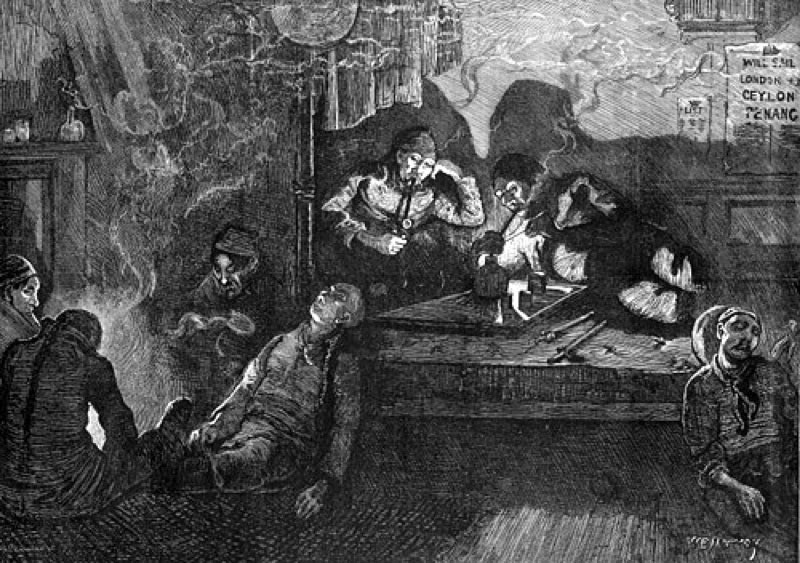
The Royal Commission on Opium looks at opium consumption.
The Sino-Japanese War results in Japanese victory and control over Korea.
The Franco-Russian Alliance is announced, surrounding Germany.
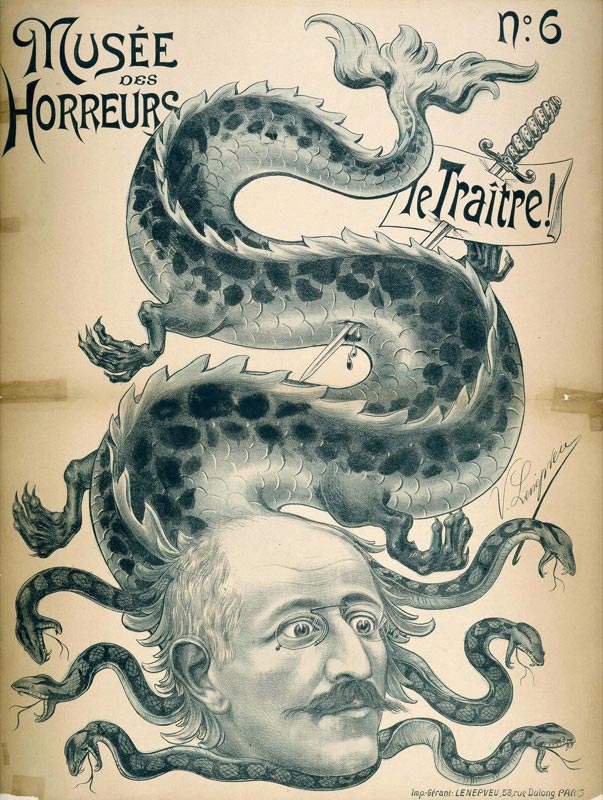
The Dreyfus affair rocks France.
Thomas Gann explores Mayan ruins in Central America after being appointed district medical officer in British Honduras.
Sven Hedin explores Central Asia.
A reform-oriented New York City administration appoints Colonel George E. Waring, Jr. to head the Department of Street Cleaning.
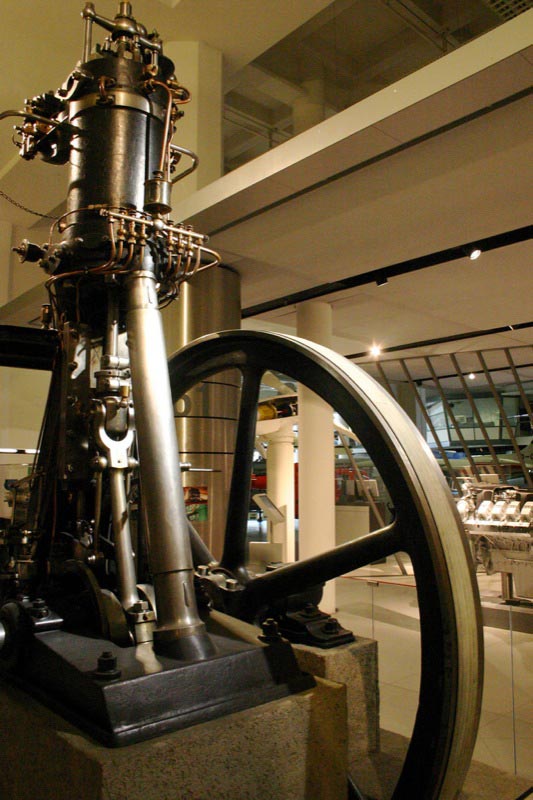
The diesel engine is invented by Rudolf Diesel.
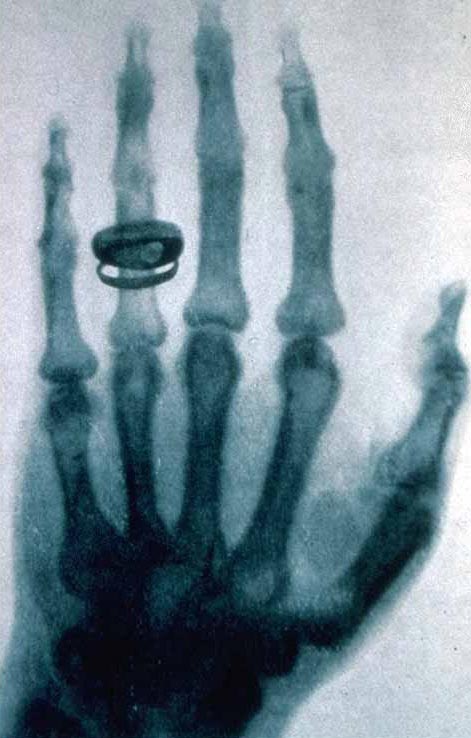
Wilhelm Rontgen discovers X-rays.
Foundation of Jacobs Coffee in Germany.
The boll weevil enters Texas from Mexico and gradually spreads north and east.

Foxes are raised on fur farms in Prince Edward Island.
The Anti-Saloon League is founded in America to campaign against the consumption of alcohol.
Kenya (British East Africa) falls under British control and many Asians are introduced to help build the country and plant new crops.
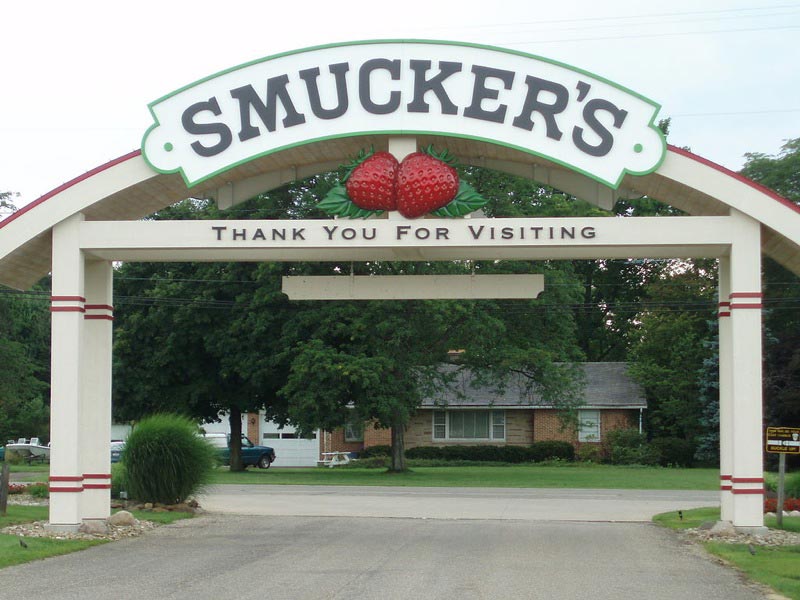
J. M. Smucker establishes a business selling fruit spreads.
The African Inland Mission is founded.
Lewis Mumford sees 19th century Europe as having had a "savagely deteriorated environment" but looks forward to a non-polluting age with solar and hydroelectric power.
The first movie theatre in America opens in New Orleans.
Antoine Becquerel discovers uranium is radioactive.
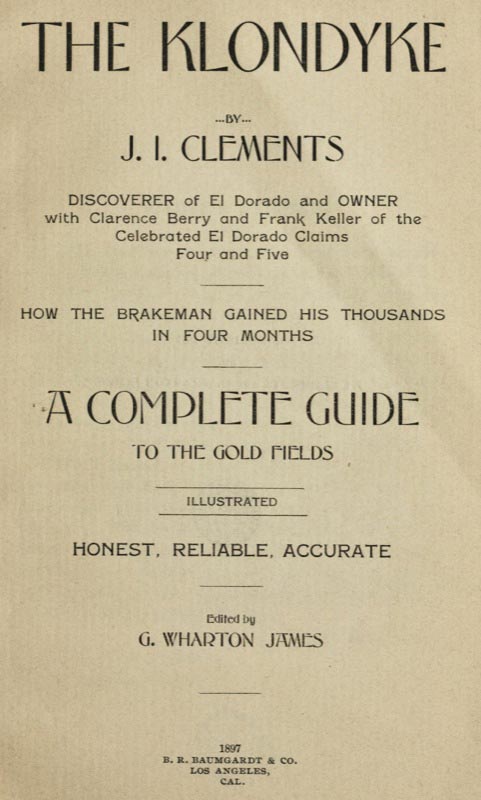
The Klondike Gold Rush draws prospectors to Canada's Yukon Territory.
Utah is added as a state of the Union.
The Philippine Revolution breaks out, resulting in a Republic being established in 1898.
Samuel P. Langley writes The New Astronomy imagining a future when coal has run out and people turn to solar energy.

Swedish chemist Svante August Arrhenius summarises the effects of carbon dioxide in the atmosphere predicting a global temperature increase of 8 or 9 degrees Fahrenheit for a doubling of CO2 in the atmosphere.
The first large-scale hydroelectric plant becomes operational on Niagara Falls.

Dracula written by Bram Stoker.
The Orchard Tea Gardens are founded in Grantchester, Cambridge.
The Organic Act establishes the method for managing 'national forests'.
The Belgian Antarctic Expedition under Adrian de Gerlache, and including Norwegian explorer Roald Amundsen, overwinters on an Antarctic ice shelf.
London and Paris Through Indian Spectacles is written by G. P. Pillai.
Travels in West Africa is written by Mary Kingsley.
Bernard de Voto, conservationist, writes about the threats of overgrazing, mining and lumbering on public lands.
The steam powered donkey engine helps in the mechanisation of the Lumber industry.
Japan maintains a government opium monopoly in its colony of Taiwan.
Will and John Kellogg found the Sanitas Food Company in Michigan to make breakfast cereals.
George Gershwin.

F. Scott Fitzgerald.
Federico Garcia Lorca.
Berthold Brecht.
Manuel Rionda takes over as the head of the Rionda sugar business in Cuba.
Birth of Julio Lobo, who will rise to become Cuba's premier sugar baron and founder of Galban, Lobo & Co.
India pegs the value of the Silver Rupee against the British pound.
Guam falls under US sovereignty.
The Spanish-American war results in a victory for the US, with Cuba gaining independence from Spain and Guam and the Philippines being sold by Spain to the US.
The British Antarctic Expedition led by Carsten Borchgrevink is the first to overwinter on the Antarctic mainland.
General Kitchener reasserts British control in the Sudan.
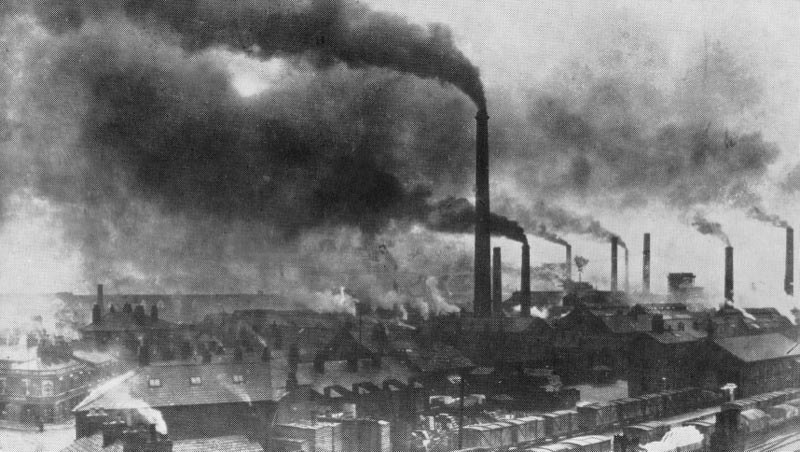
Coal Smoke Abatement Society is formed in UK to pressure government agencies to enforce pollution laws.
William O. Douglas, who publishes A Wilderness Bill of Rights in 1965, is a strong activist for environmental causes in the US.
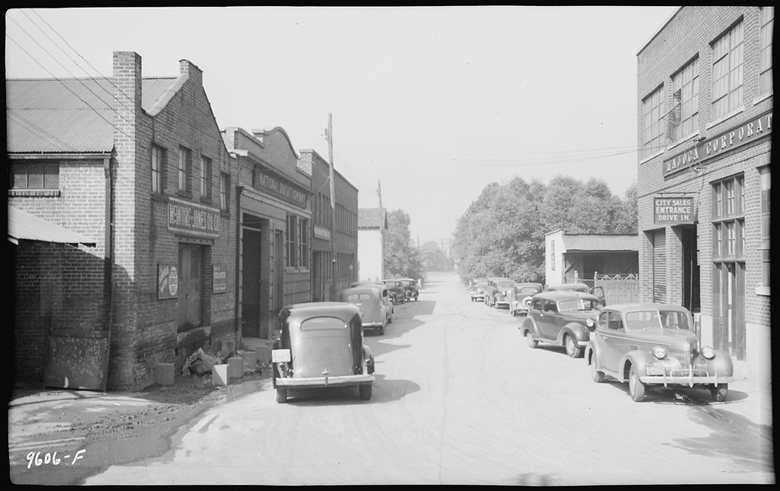
William Moore and Adolphus Green merge their businesses to form the National Biscuit Company or Nabisco, headquartered in Chicago.
A drought-resistant strain of durum wheat is introduced to America from Russia and grows successfully in the Dakotas, Midwest and Canada.
Joseph Conrad publishes his Heart of Darkness. The plot centres on the Belgian colonial regime in the Congo.
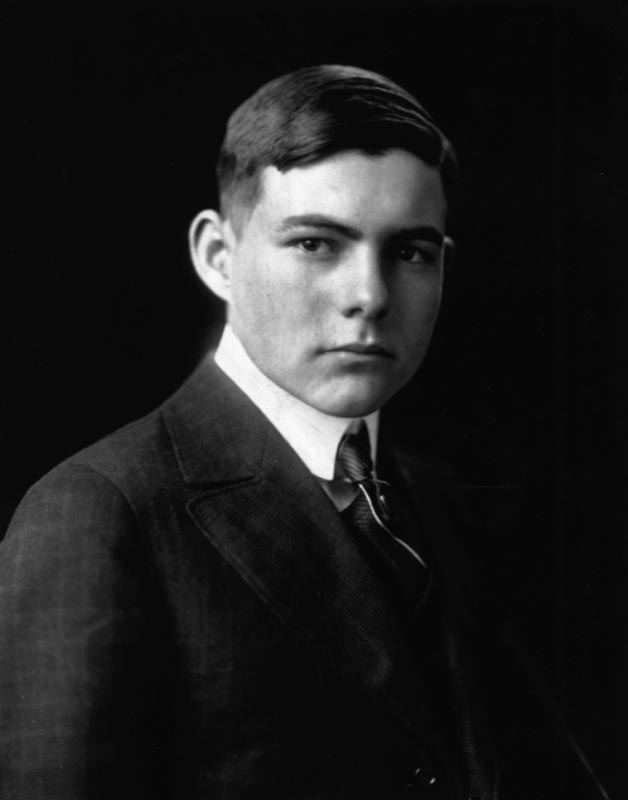
Ernest Hemingway.
Lucy Payne Gaston starts the Chicago Anti-Smoking League, which soon goes national, then international.
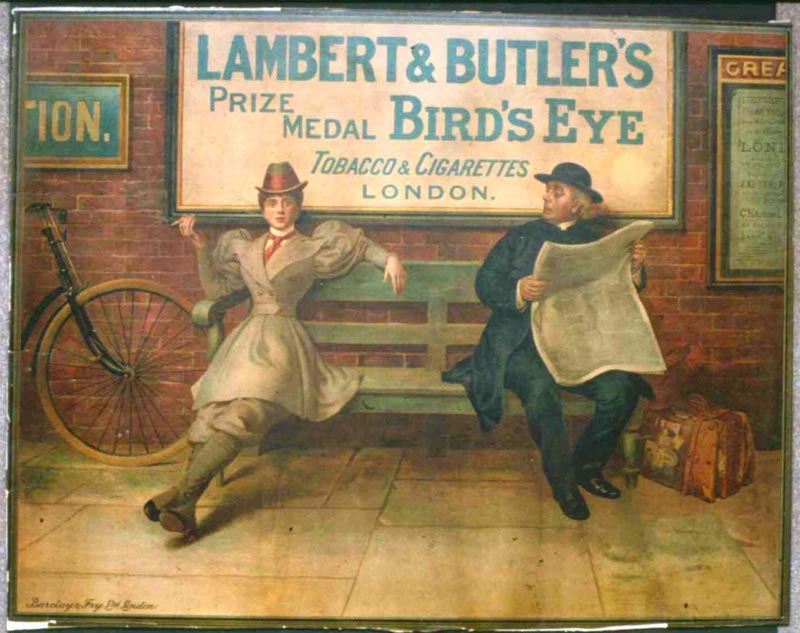
Butler & Butler introduce the Pall Mall cigarette.
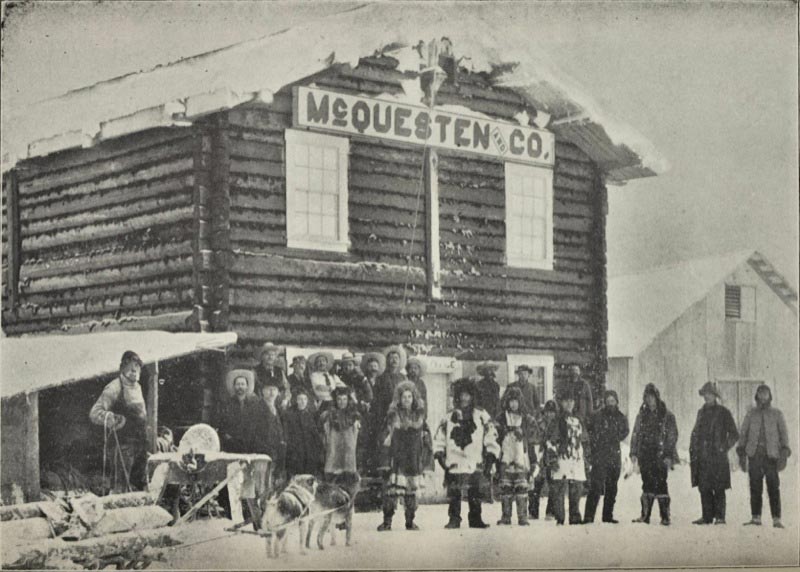
Gold is discovered in Alaska.
The Peel Commission majority and minority reports on the licensing of alcohol.
Anglo-Egyptian Sudan is formed and ruled by the two powers in concert.
The Second Boer War, between British and Boer states ends in a British victory and Britain takes control of the Transvaal and Orange Free State.
The Boxer Rebellion was a war between Chinese Nationalists and the foreign legations and missions in China. The failure of the Rebellion led to greater foreign presence and control in China.
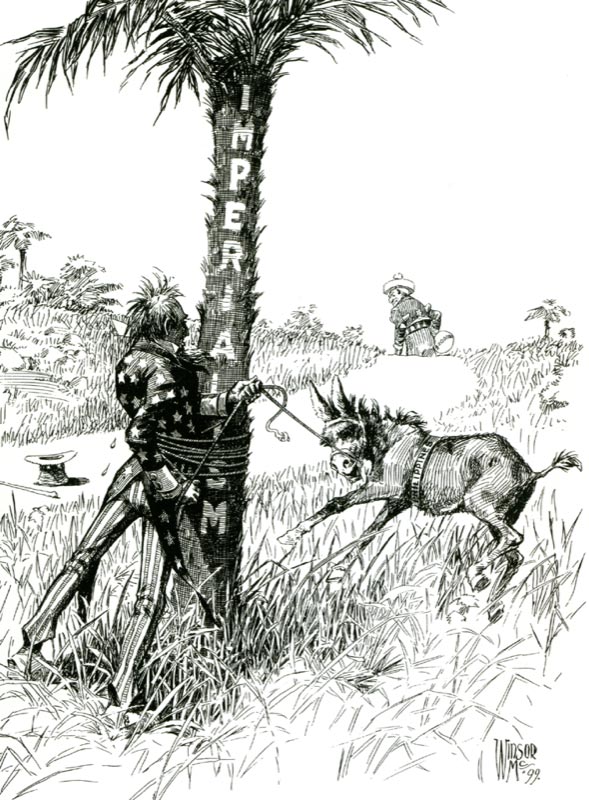
The Philippine-American war results in victory for the US and US dominance of the islands.
Fedinand von Zeppelin invents the powered dirigible.
Over 1.8m tons of chemical fertiliser are used worldwide.
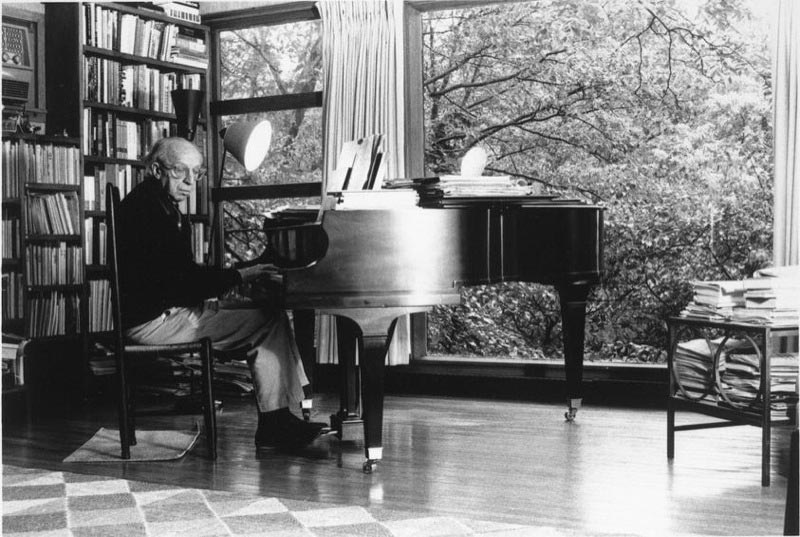
Aaron Copland.
Max Planck introduces the idea of 'quantizing energy'.
The practice of taking afternoon coffee takes off in Germany.
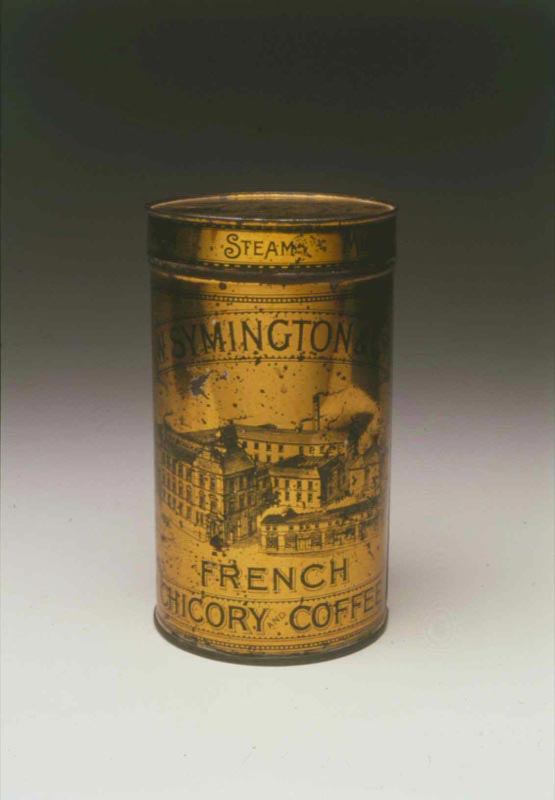
Hills Brothers start packaging coffee in vacuum sealed tins.
Coffee Robusta is planted in Java.
Hershey's introduce the Hershey bar.
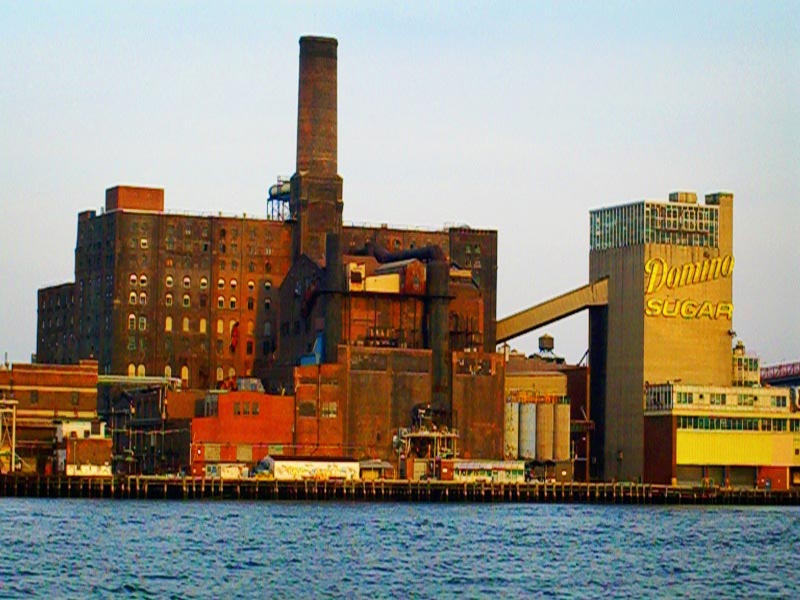
The American Sugar Refining Company is renamed as Domino Sugar.
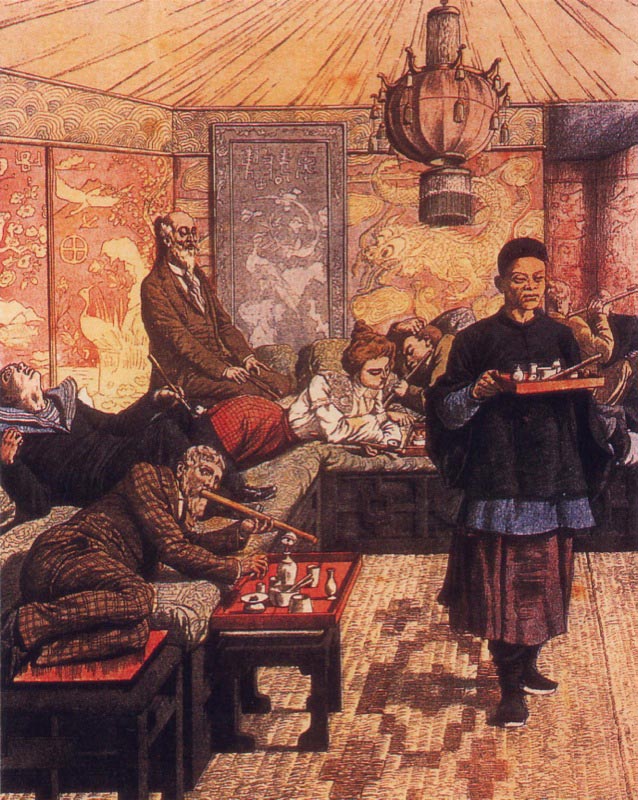
Britain and France attempt to suppress the production of opium in the 'Golden Triangle' region of South East Asia, covering Burma, Vietnam, Laos and Thailand.
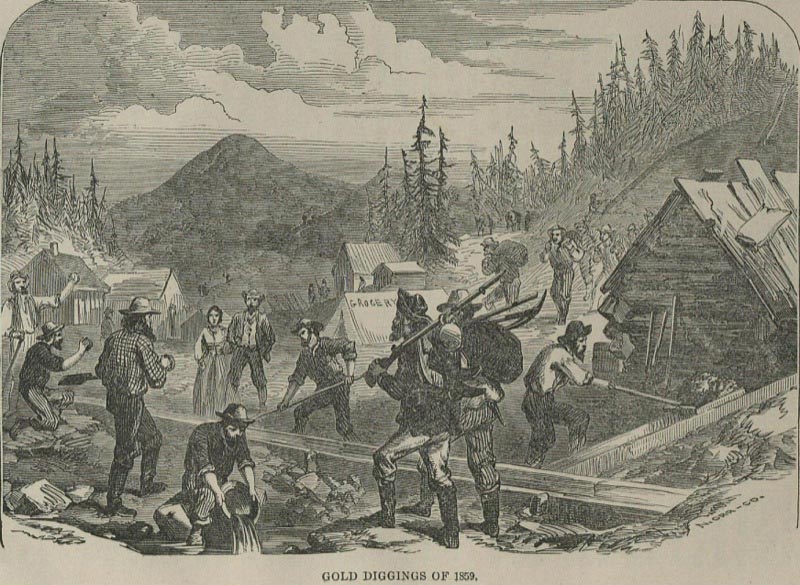
America passes the Gold Standard Act, matching its currency to the value of gold.
The Ashanti Wars in Ghana. British forces suppress an African uprising.
New foods introduced to America in 1900: Wesson Oil, Hershey bars, Hills Bros coffee.